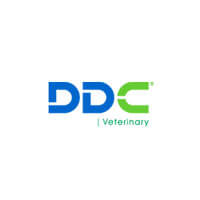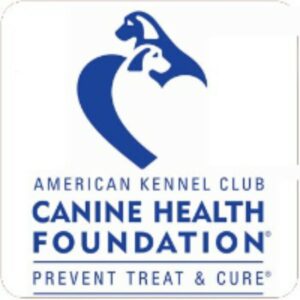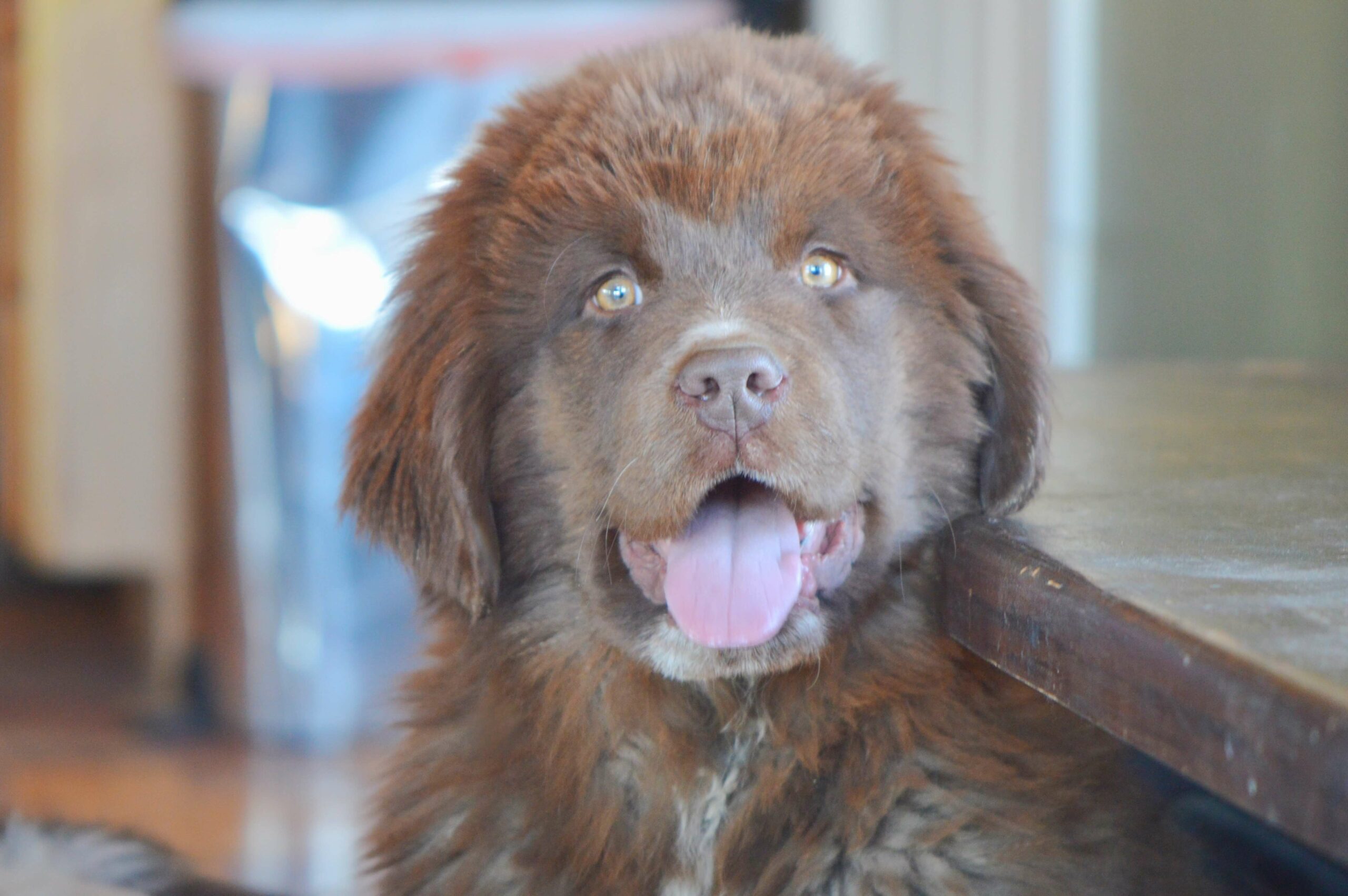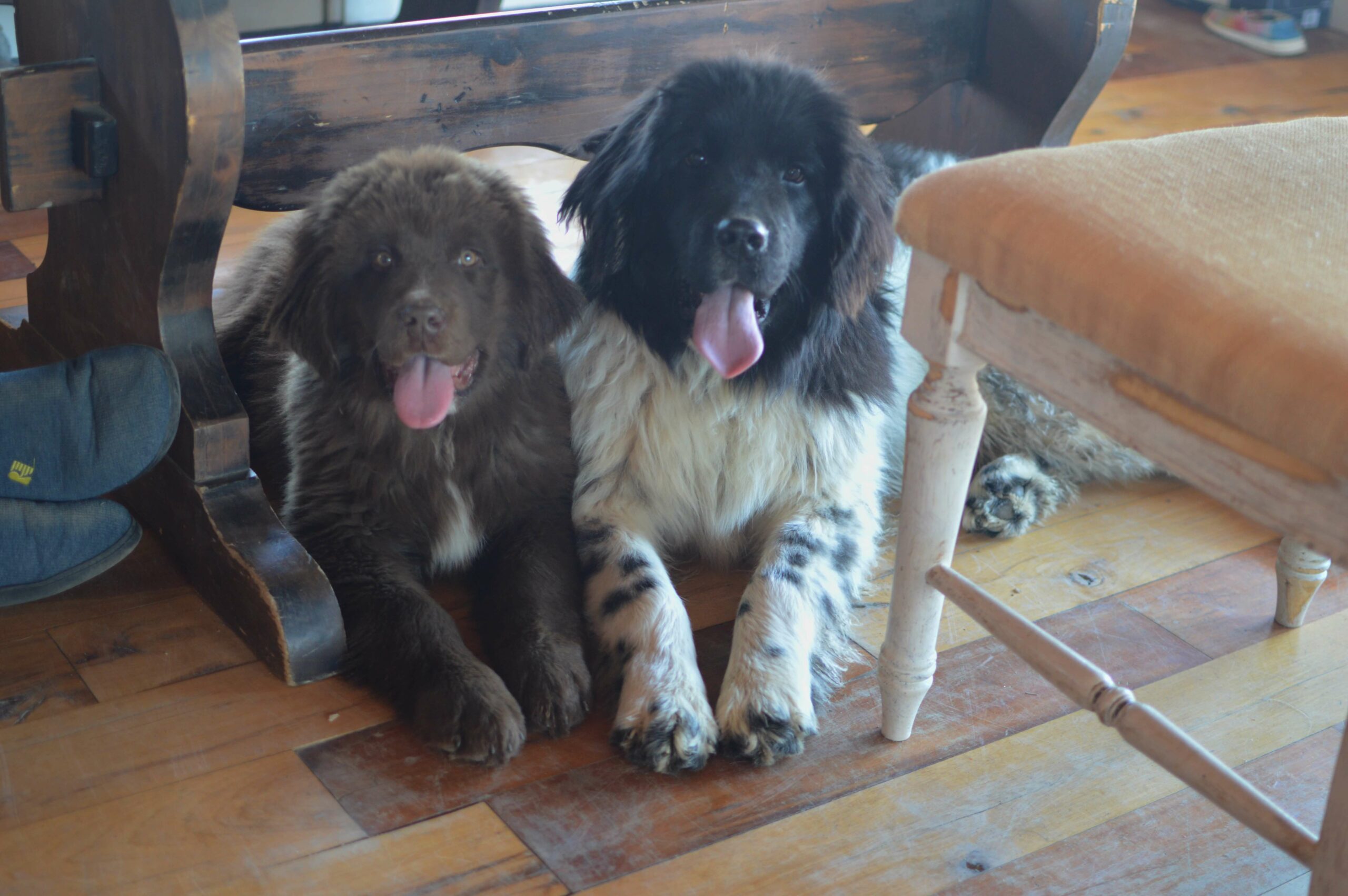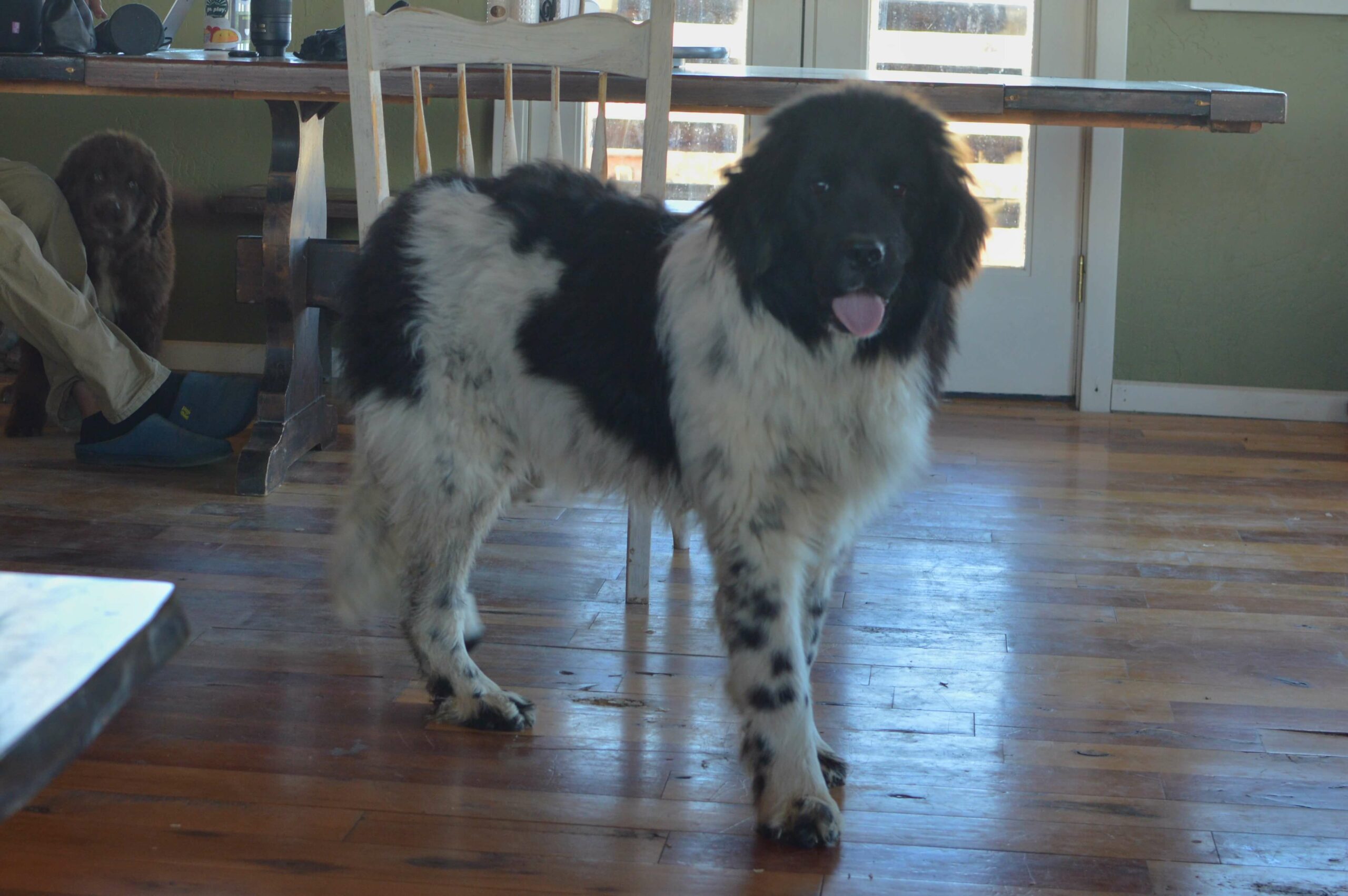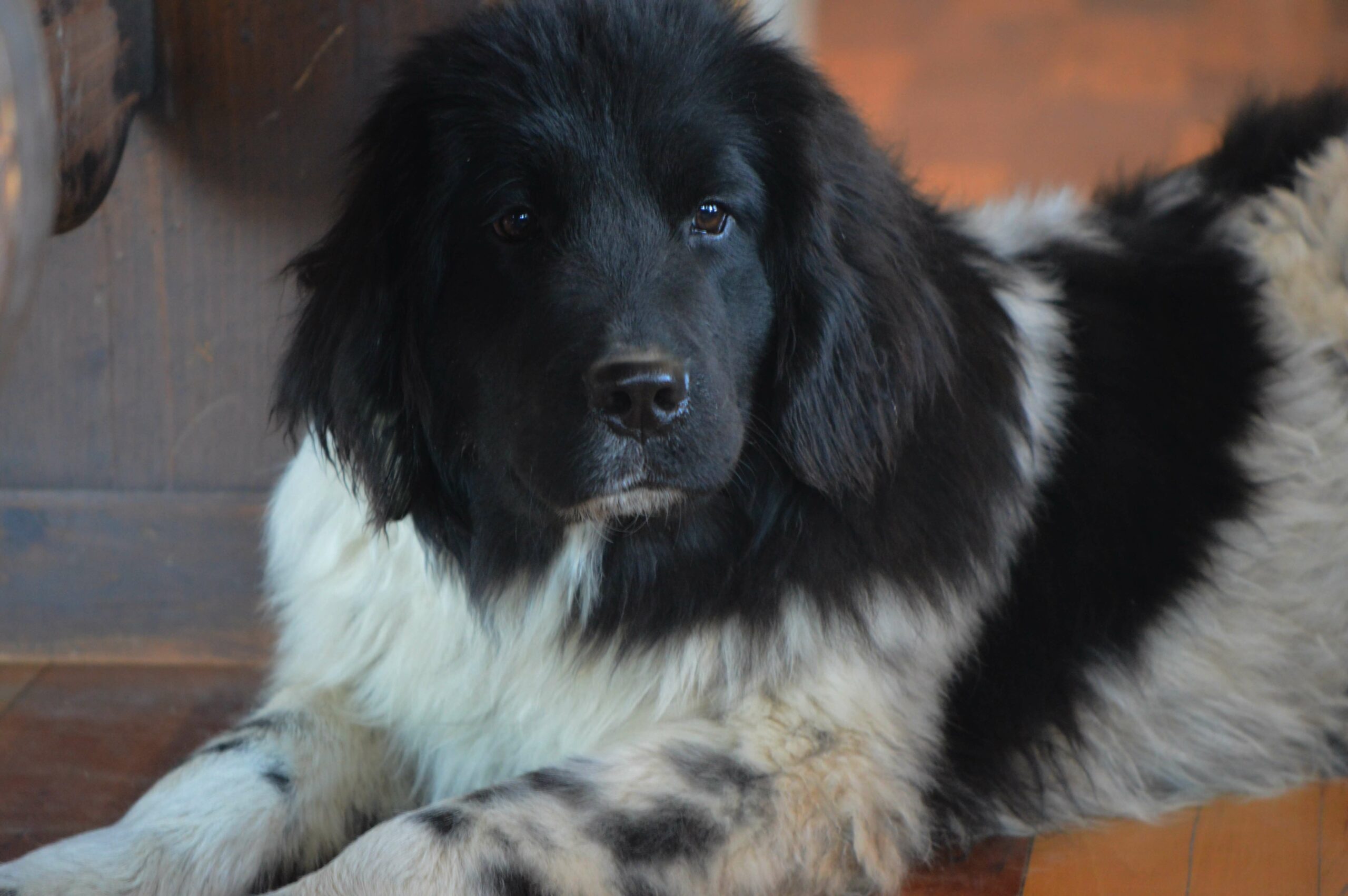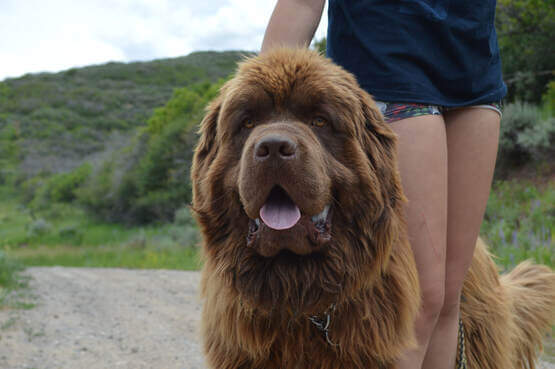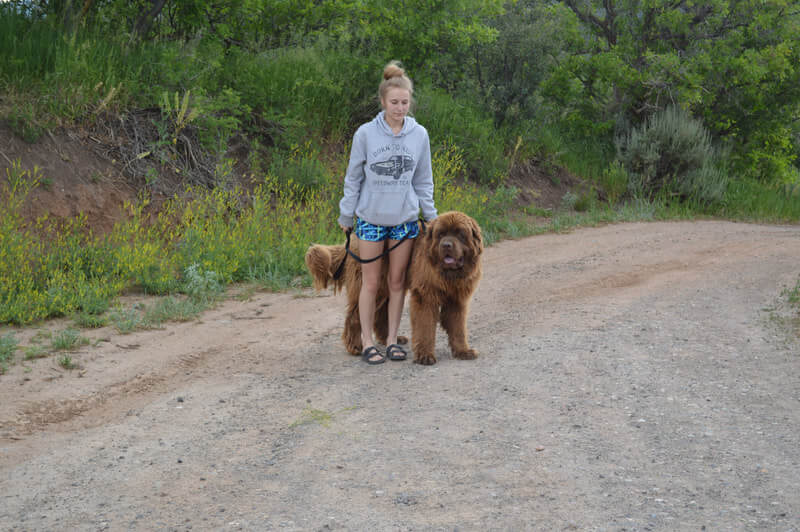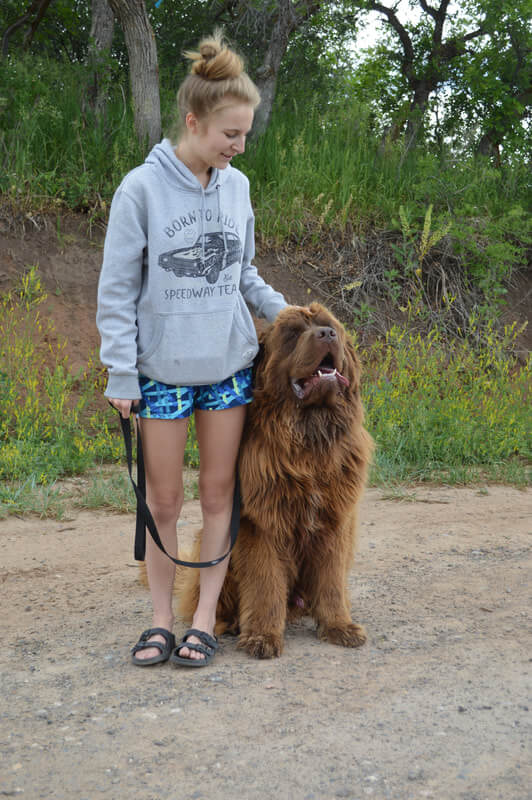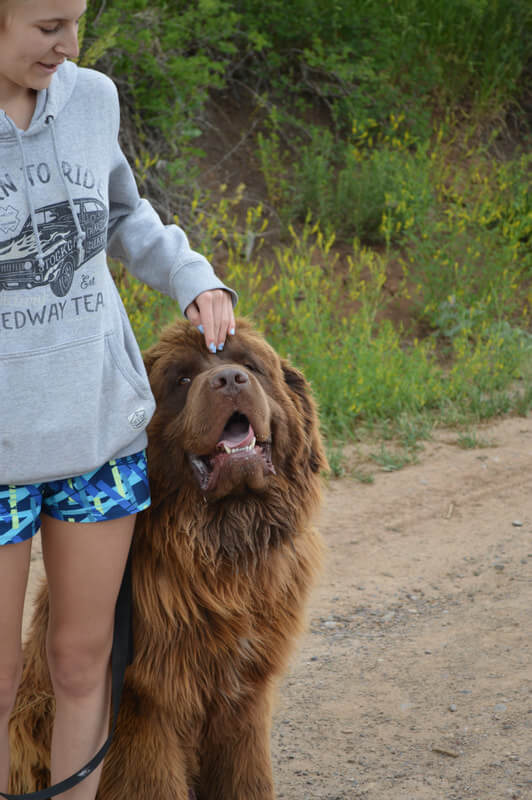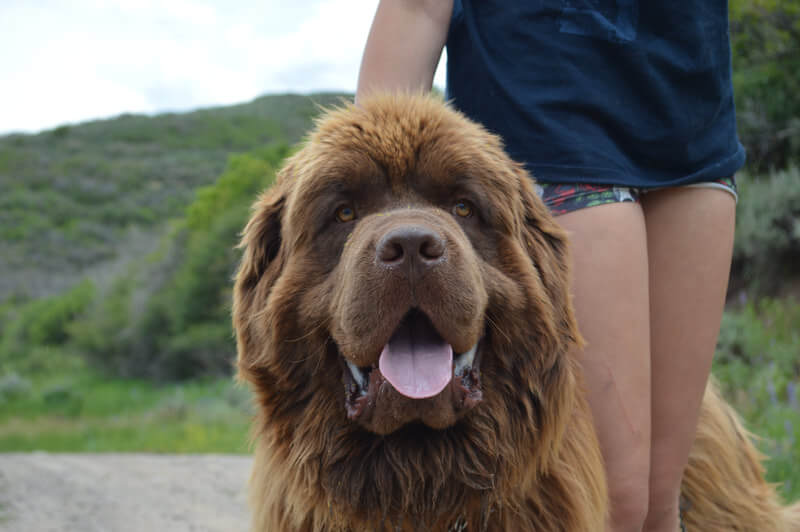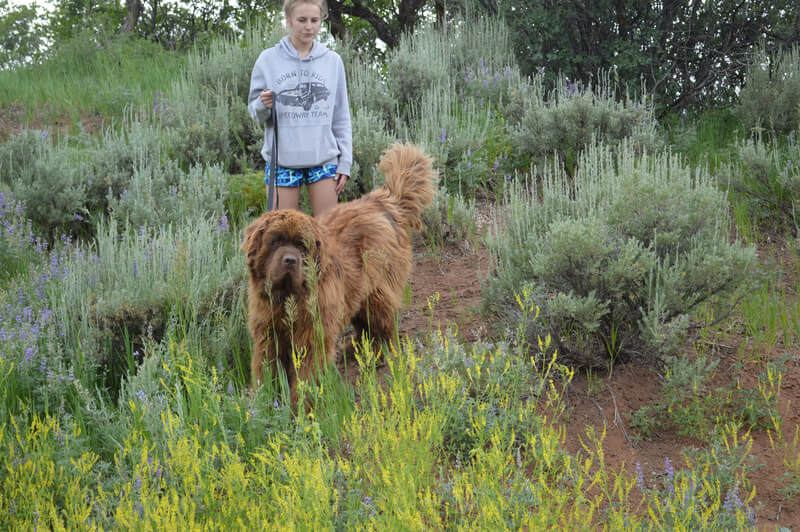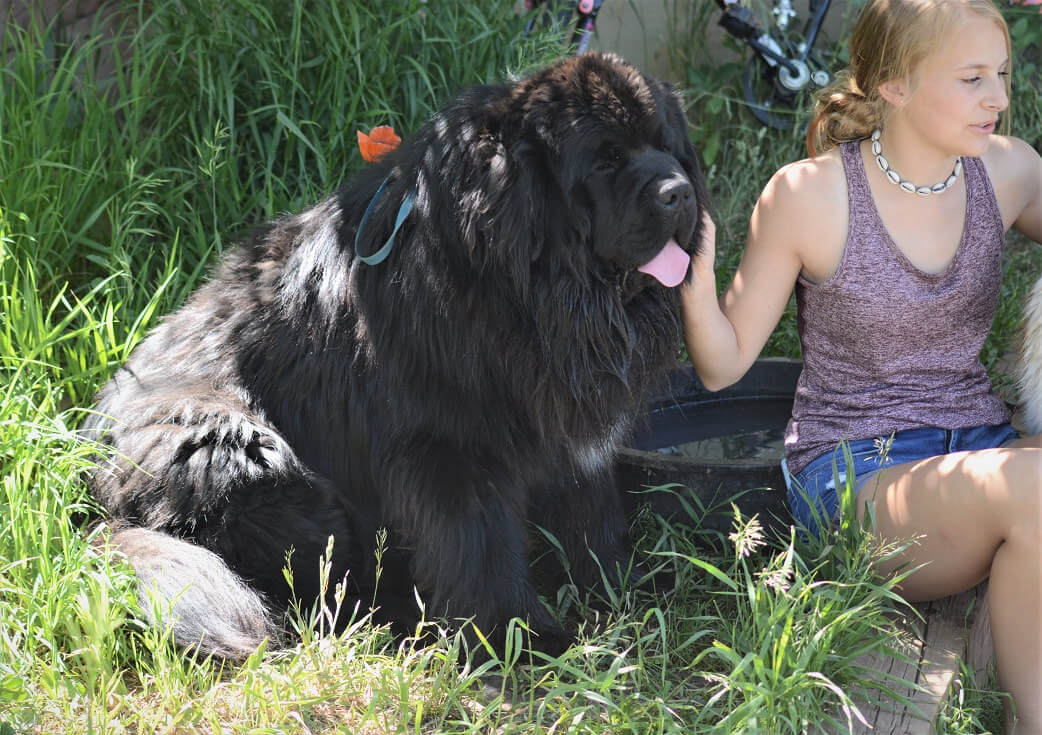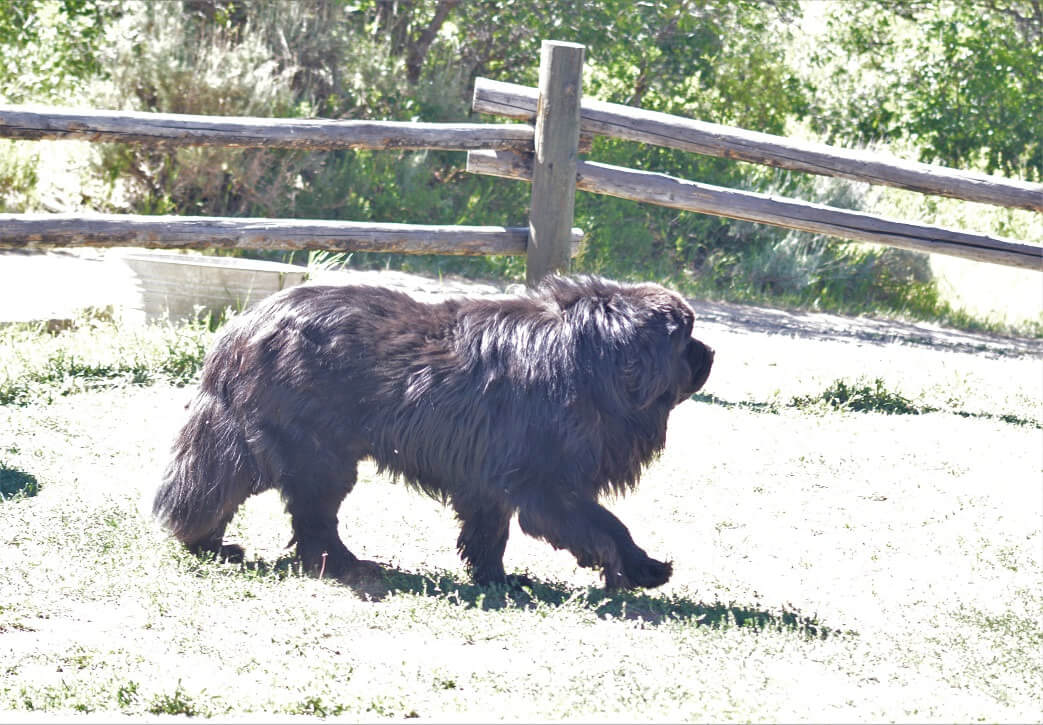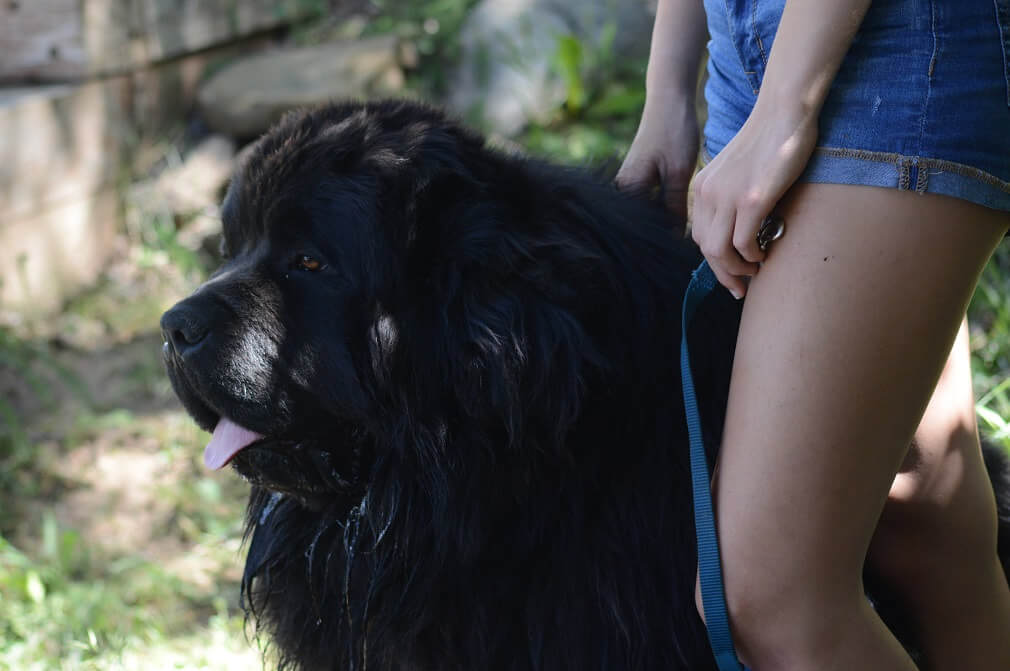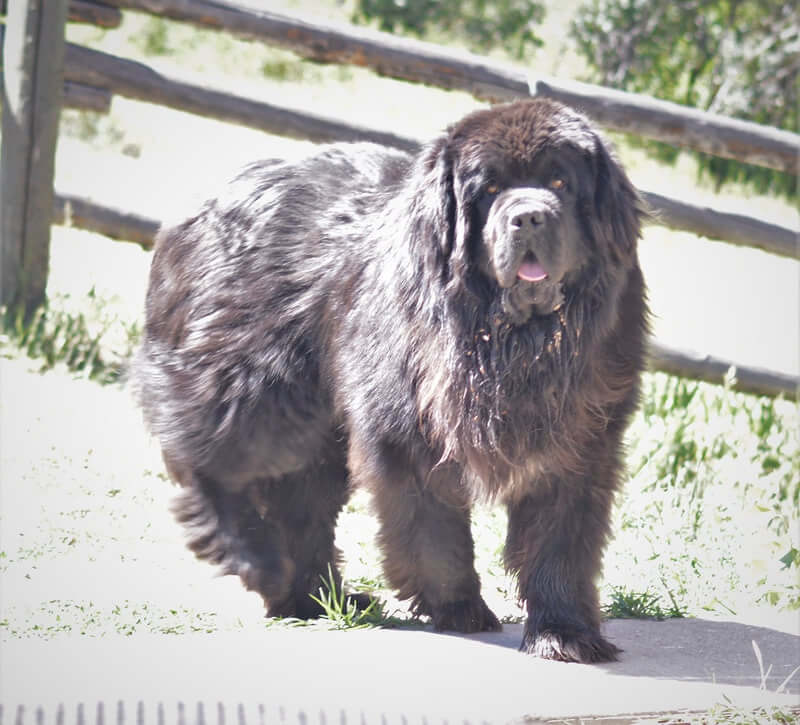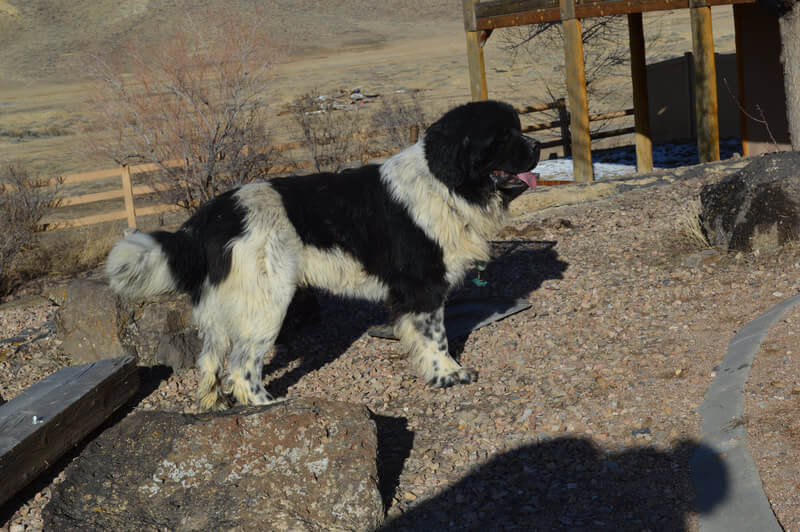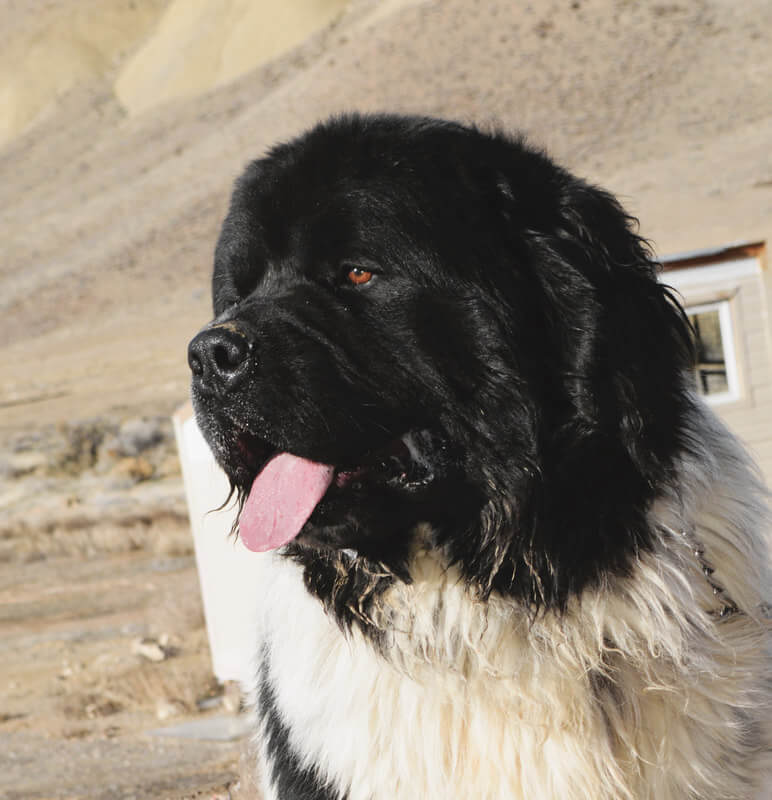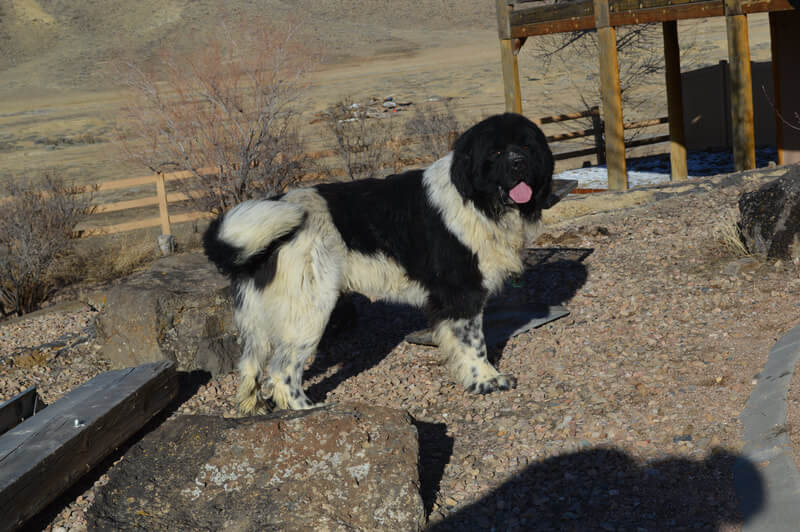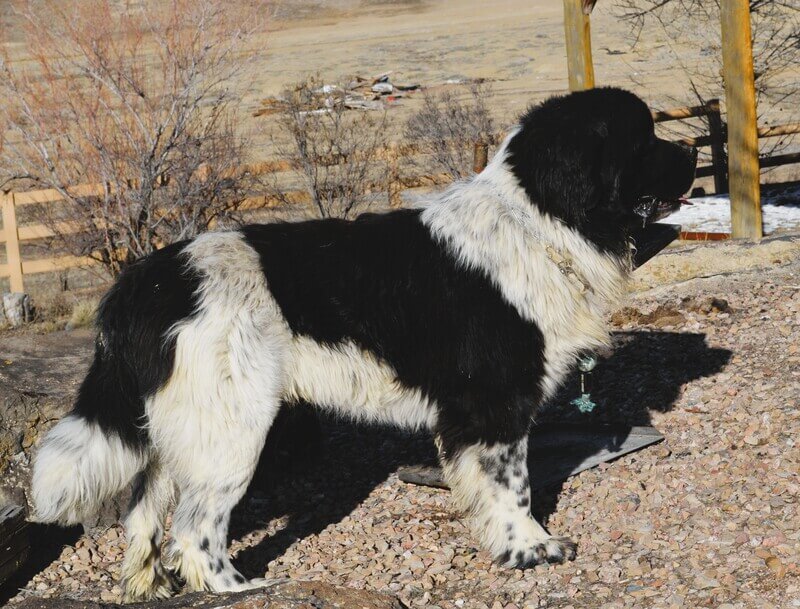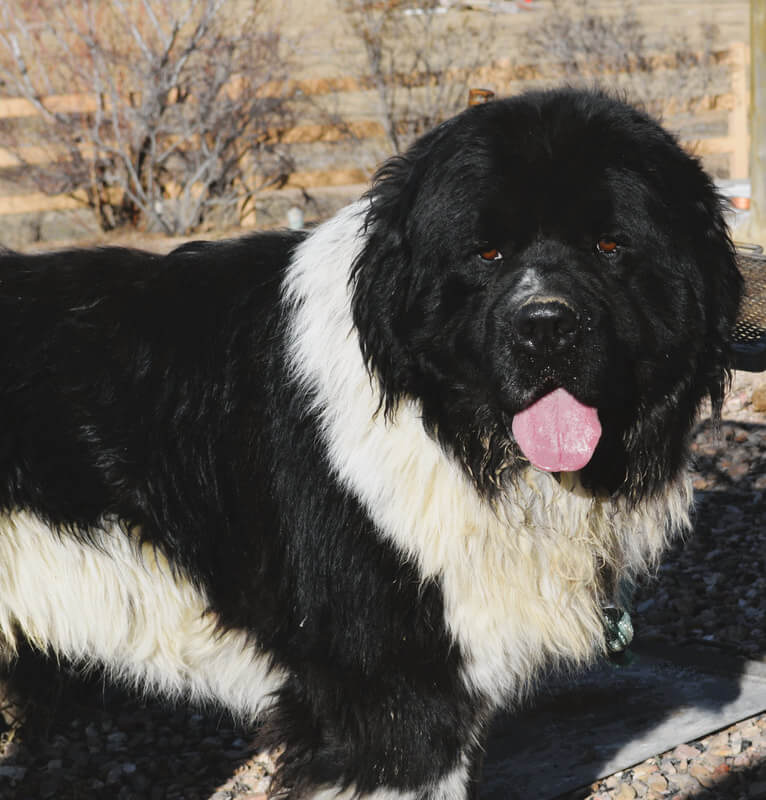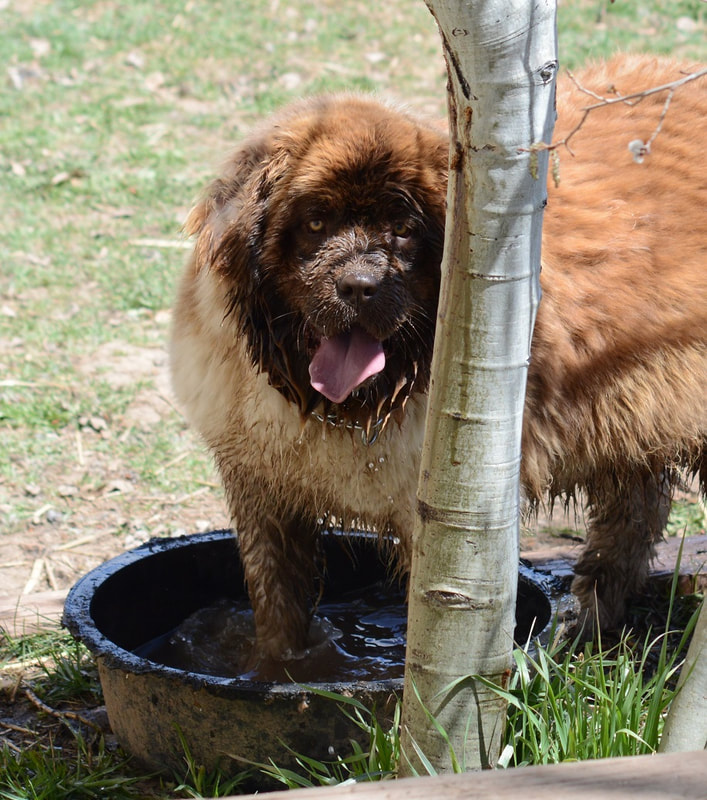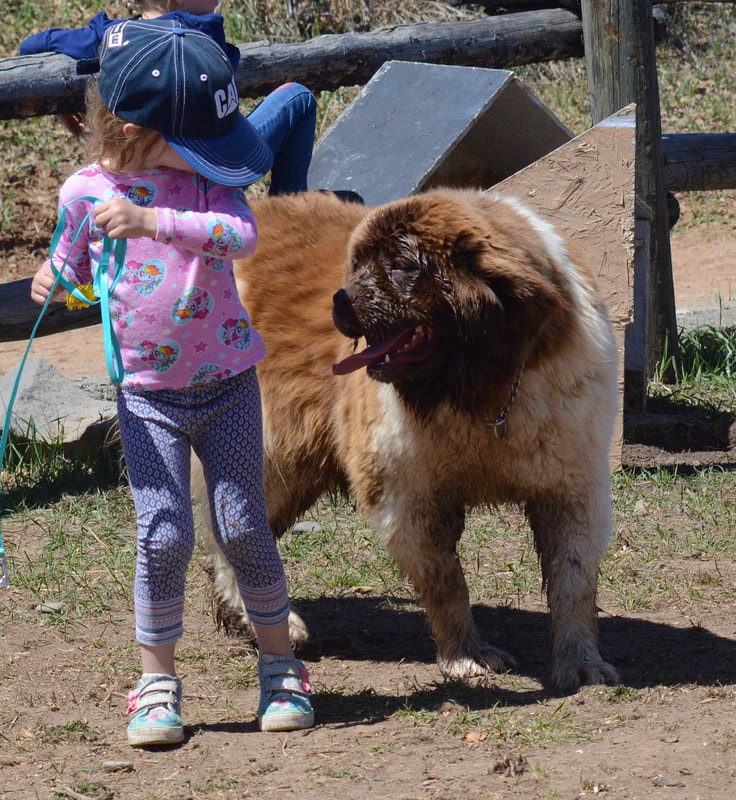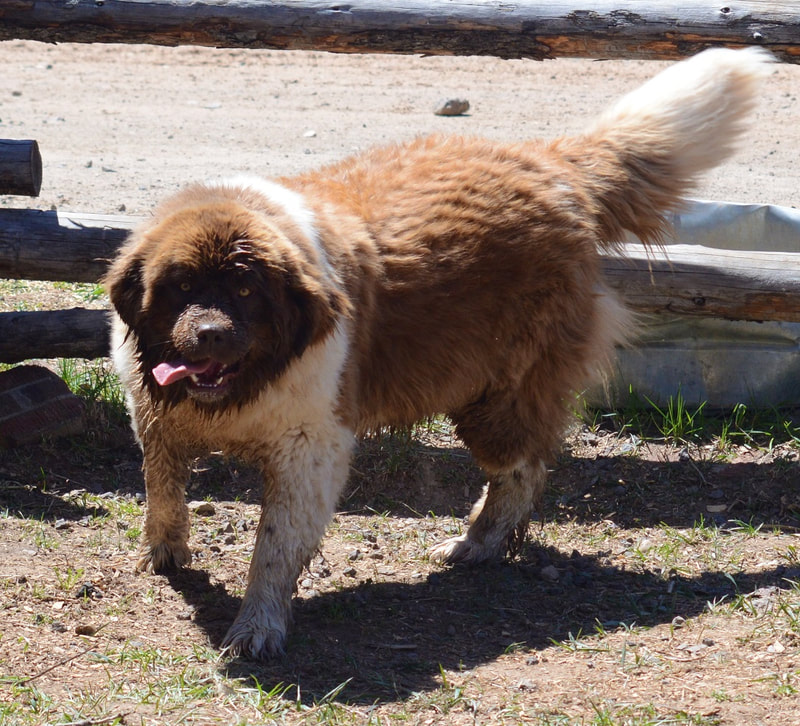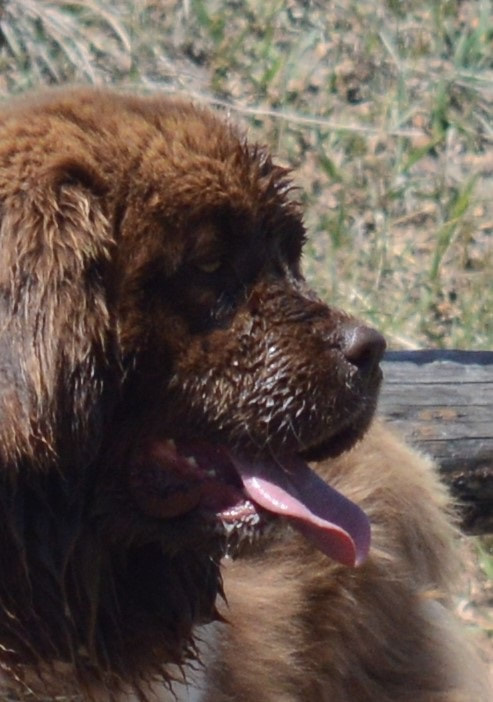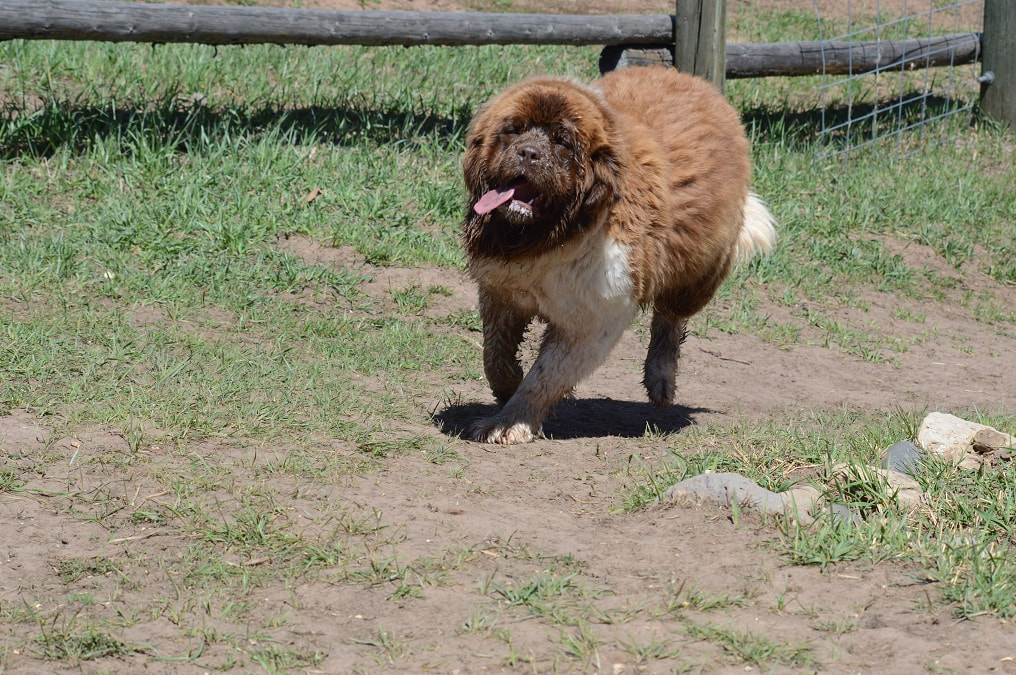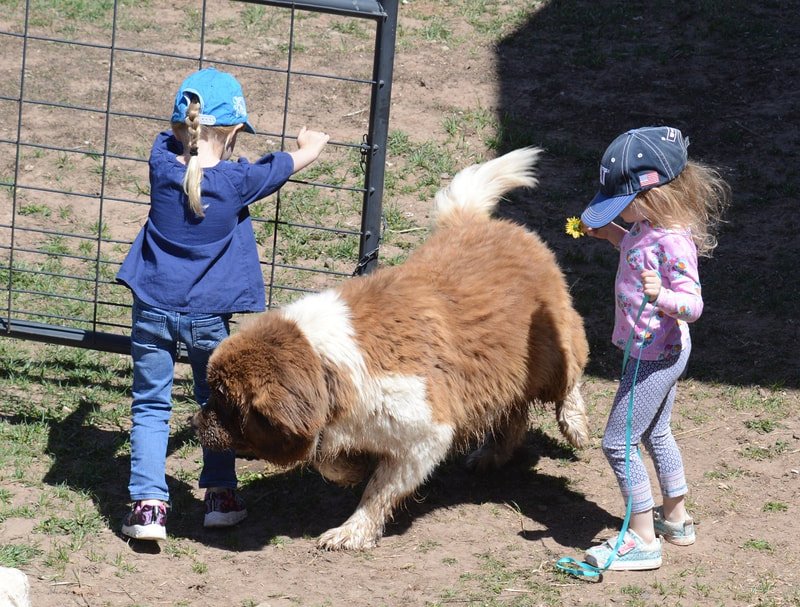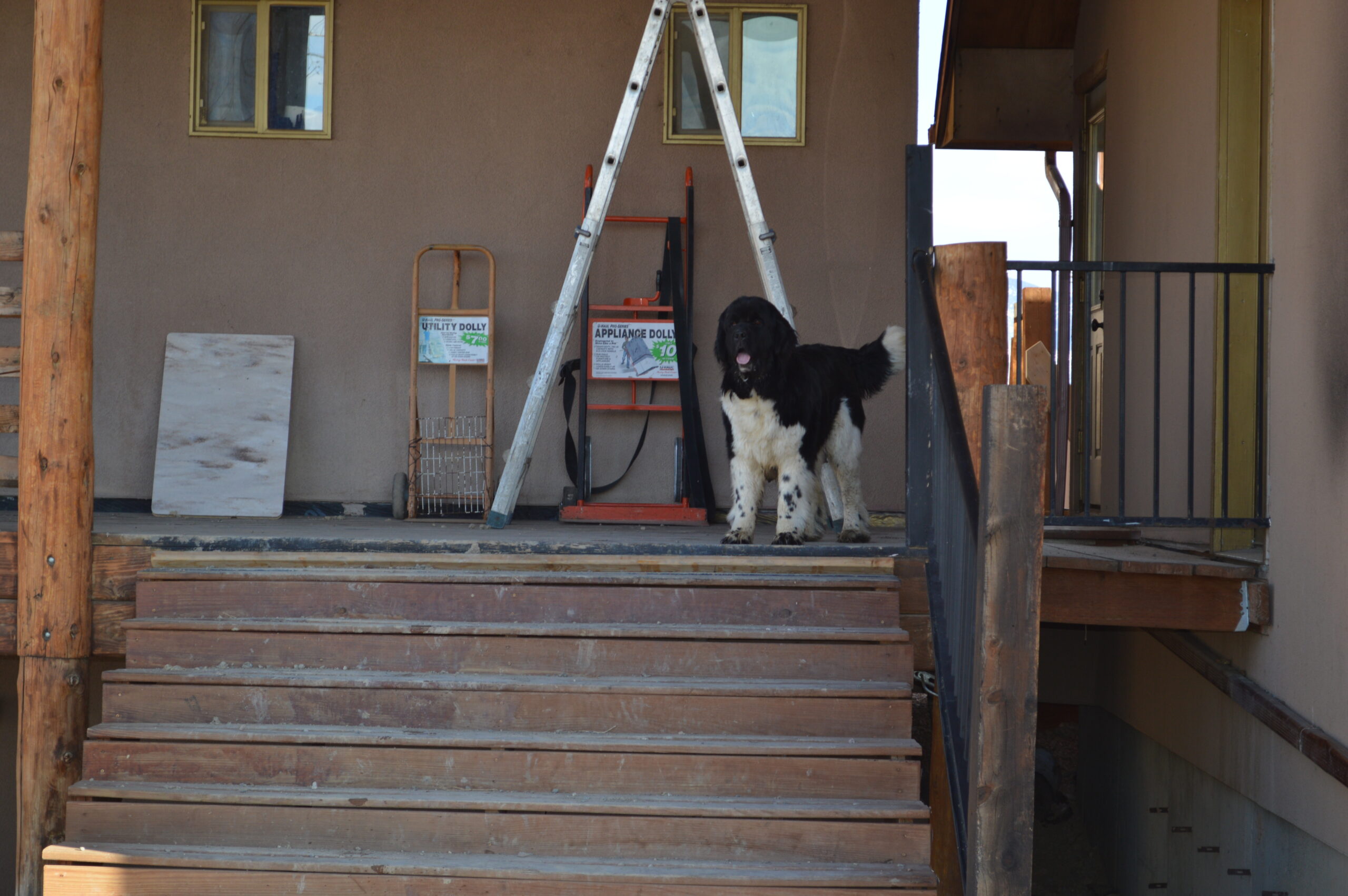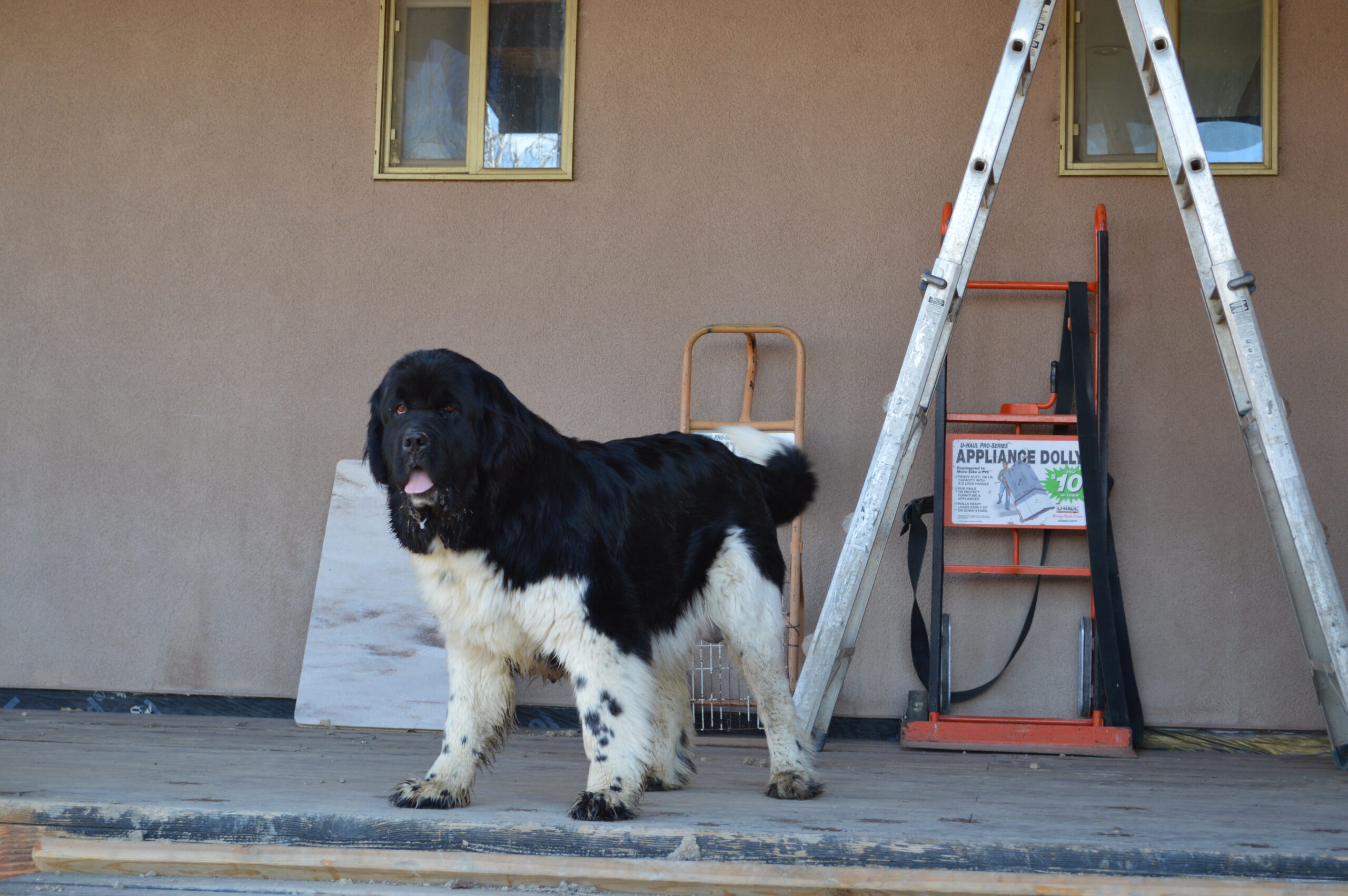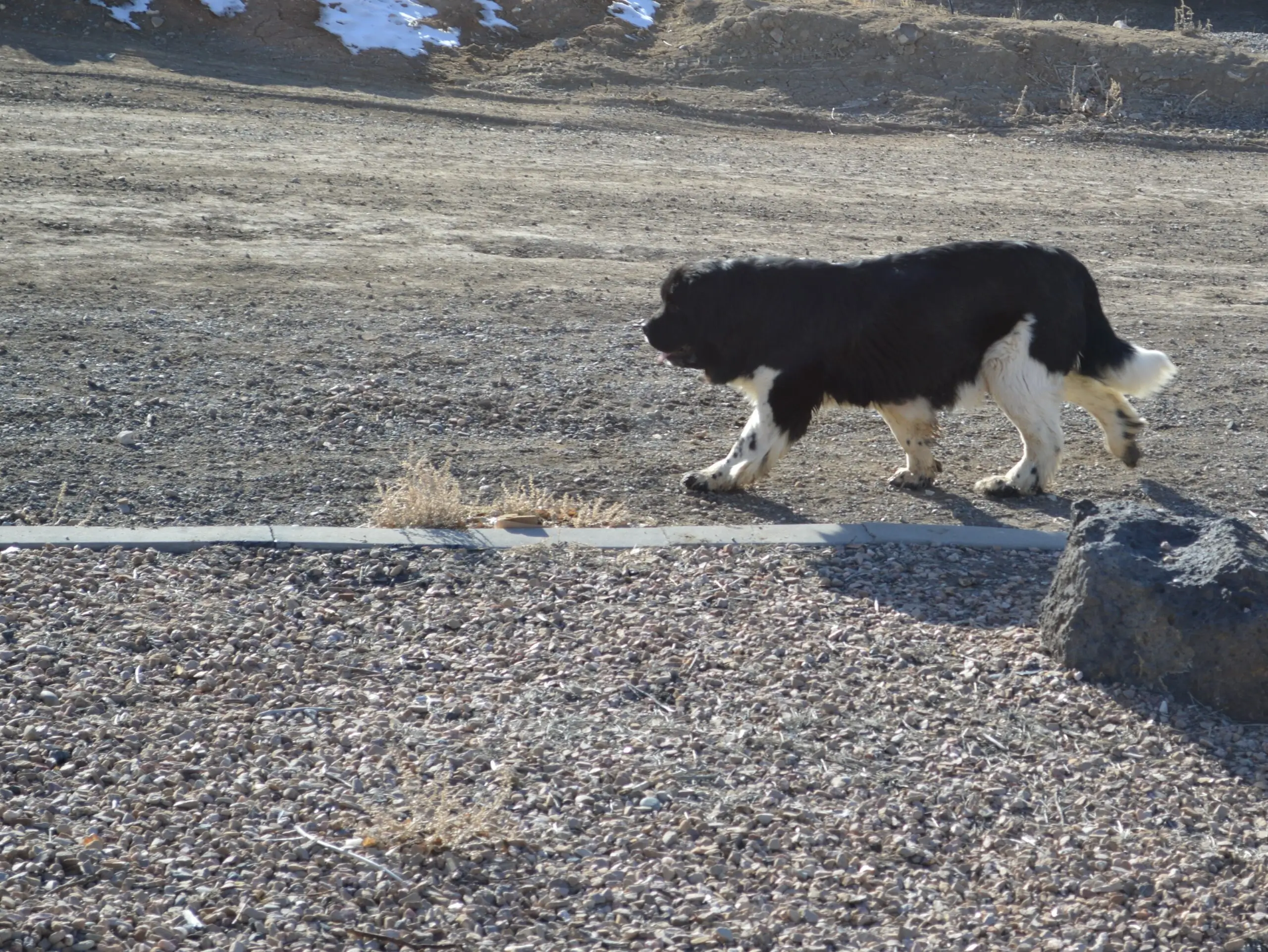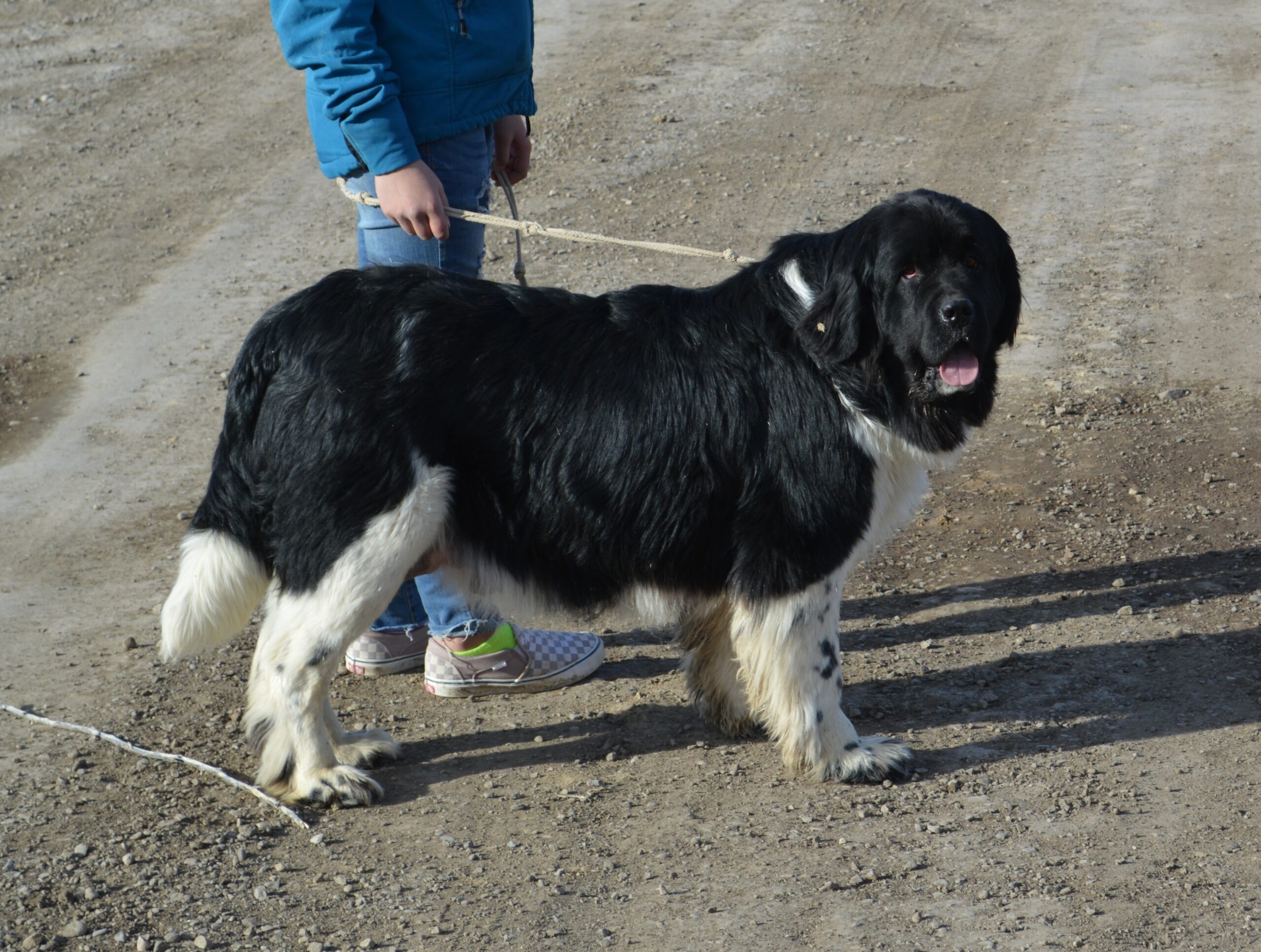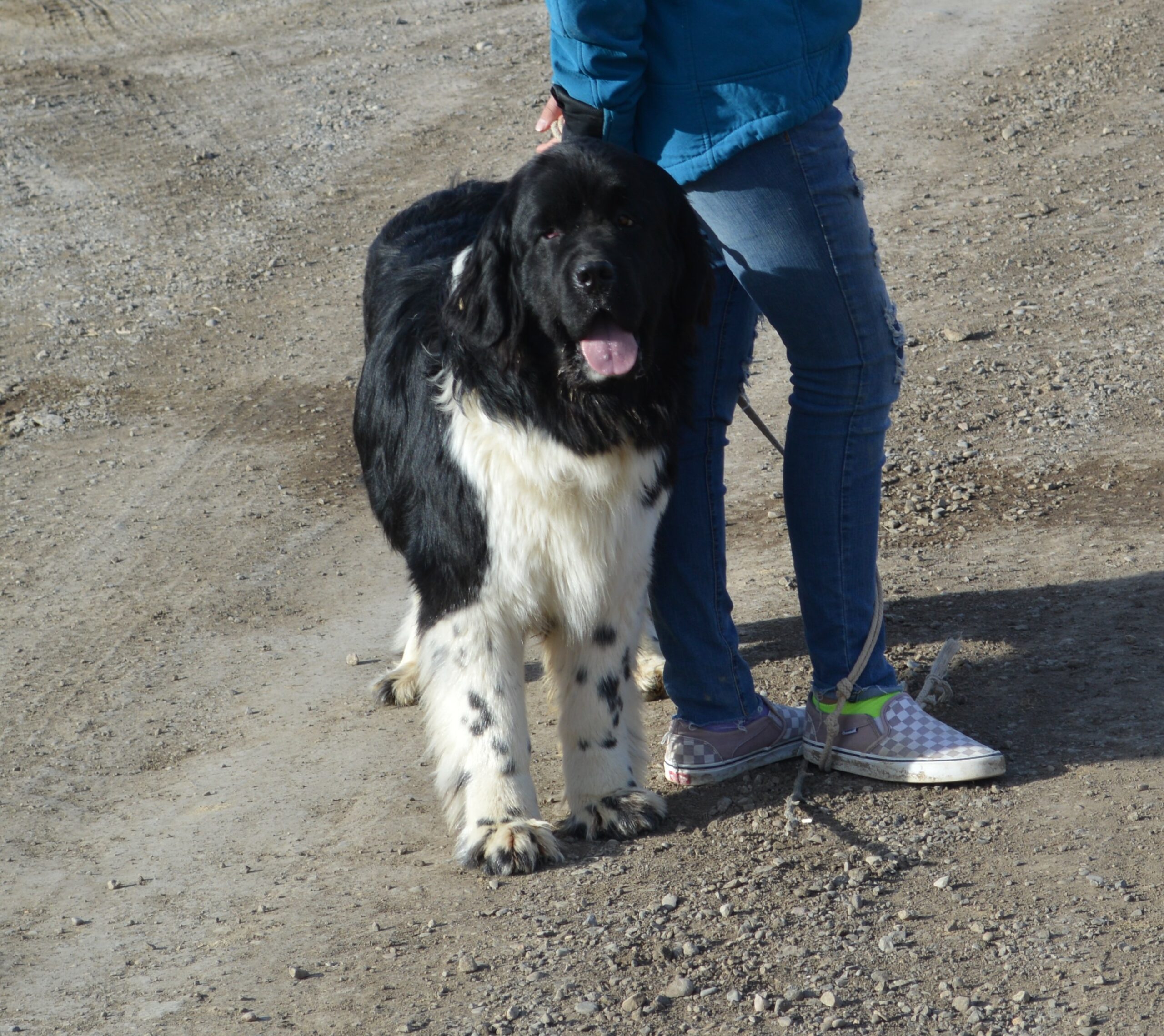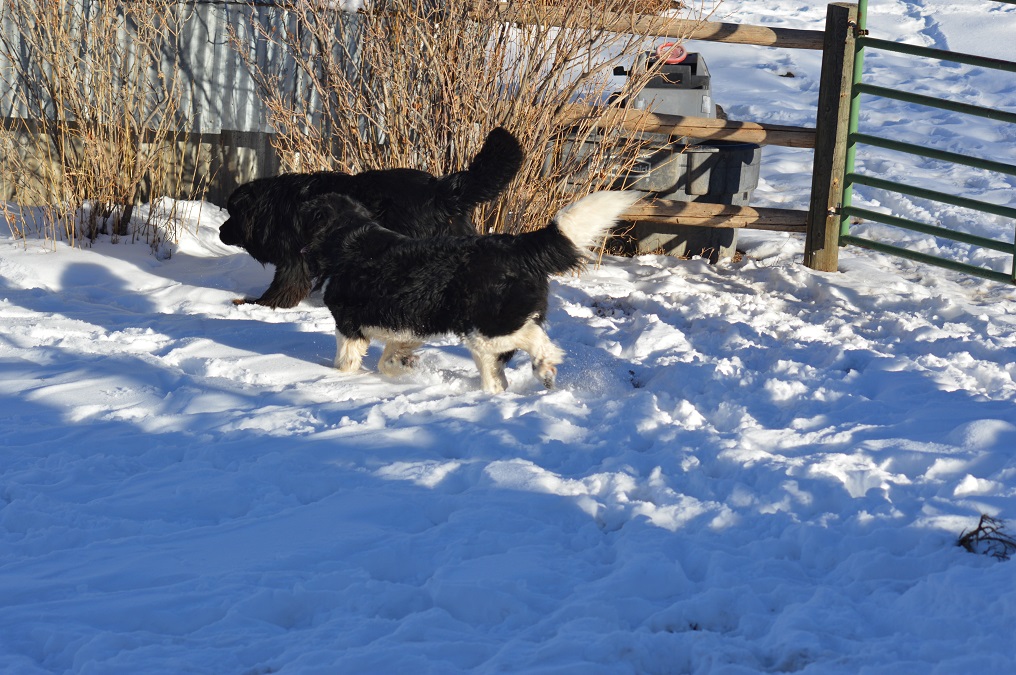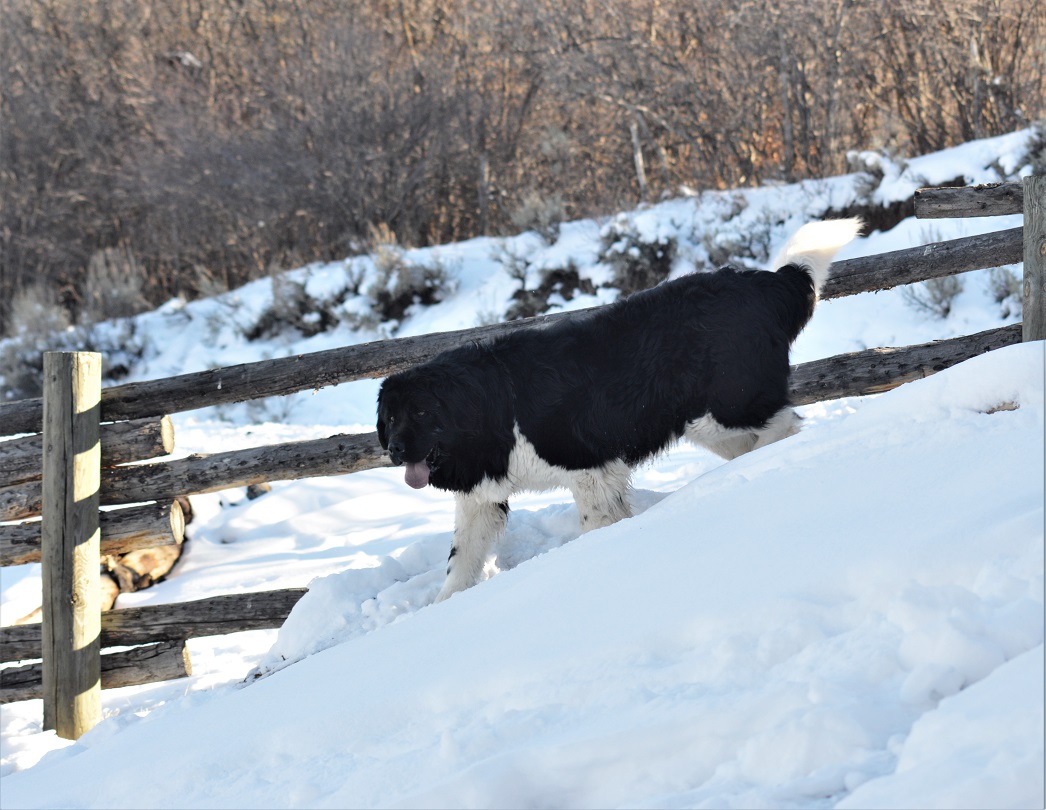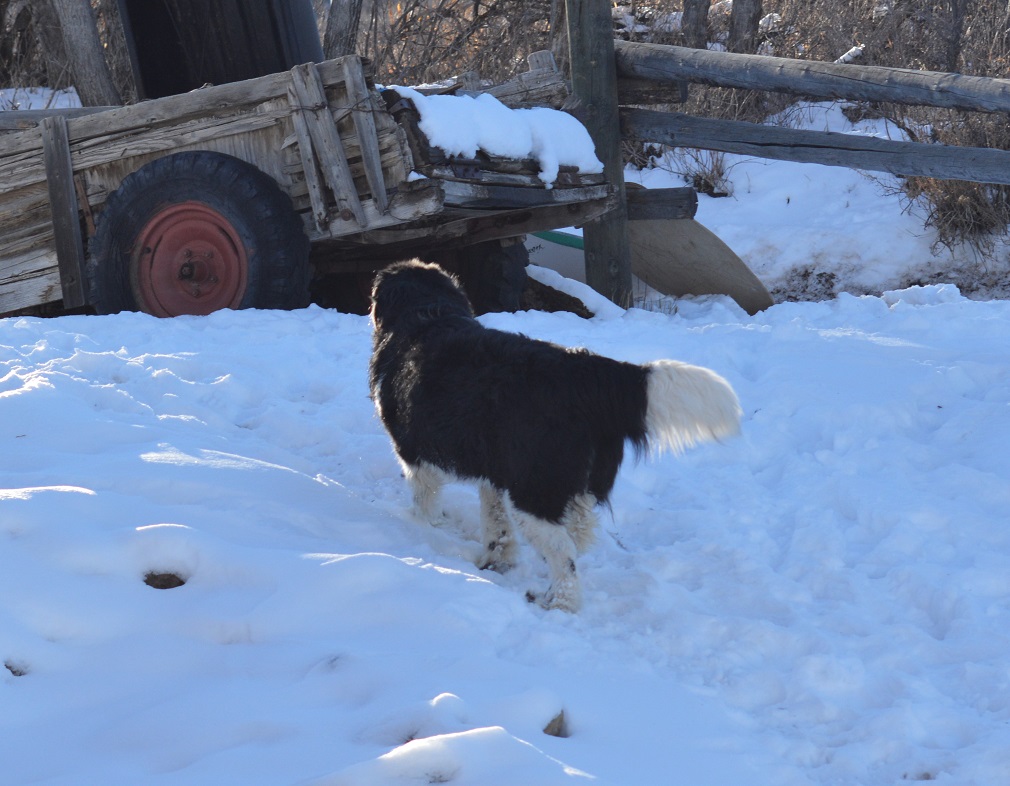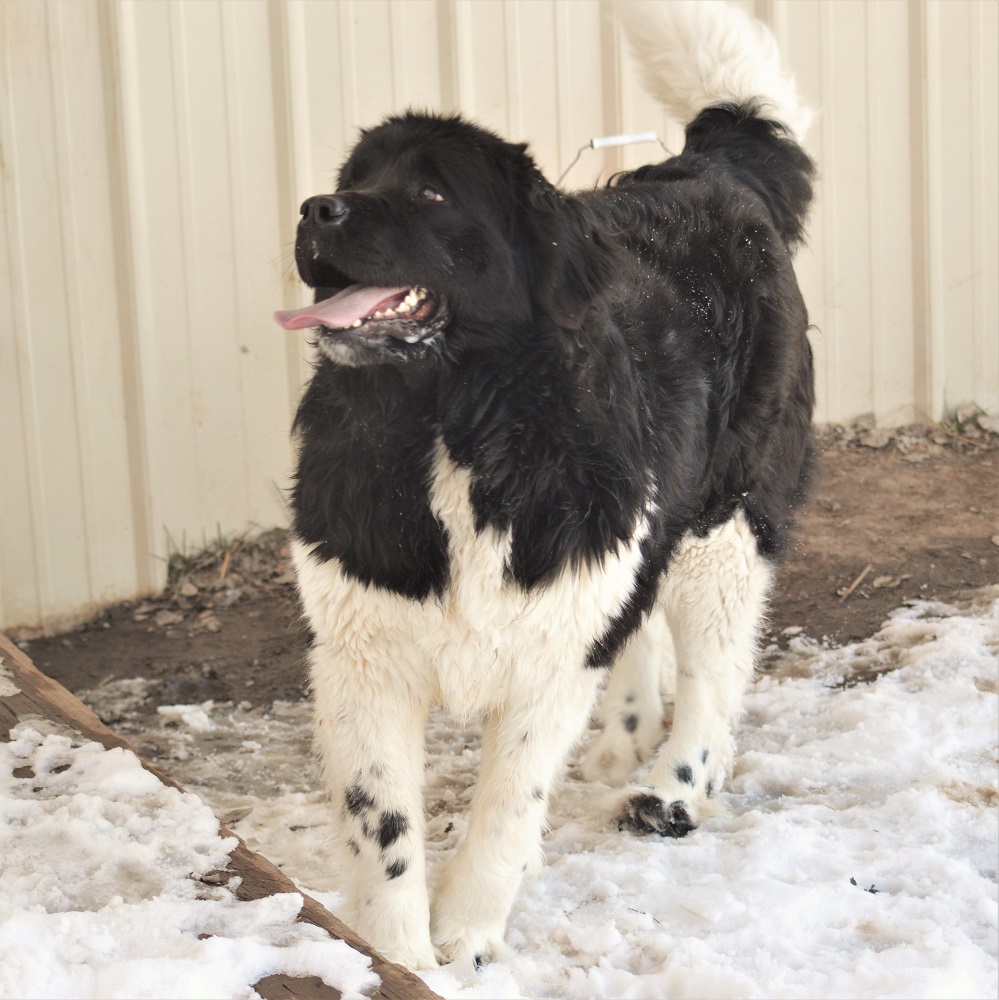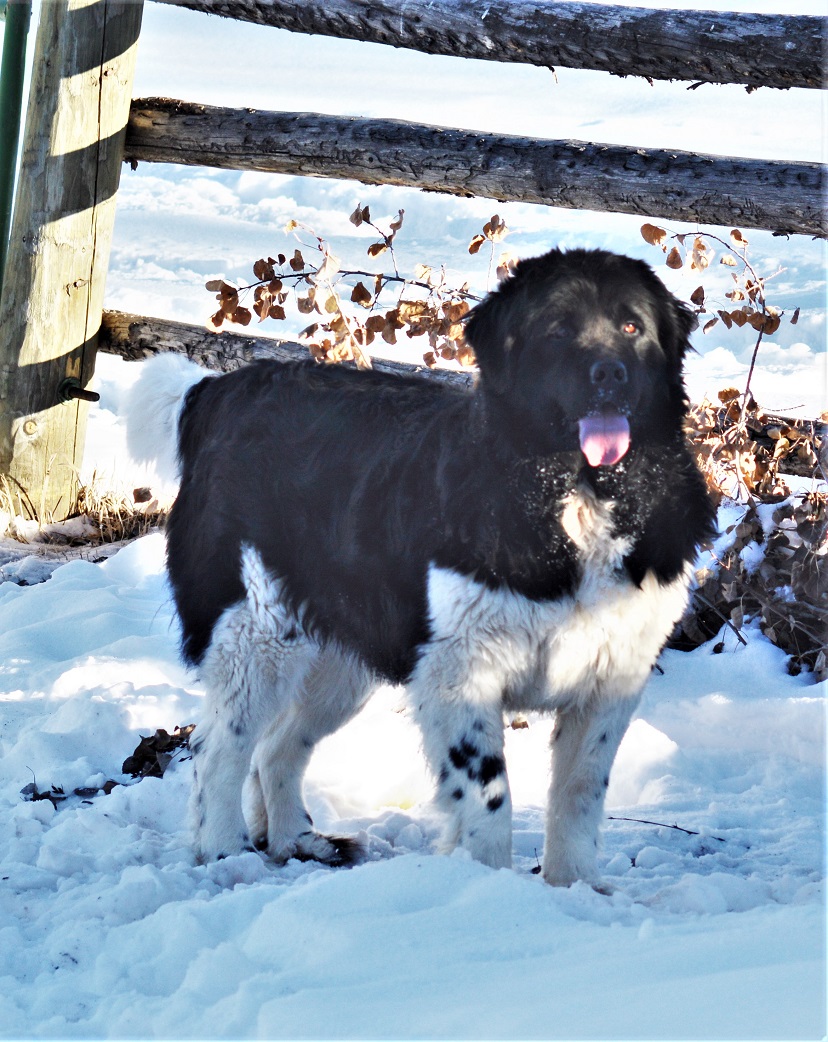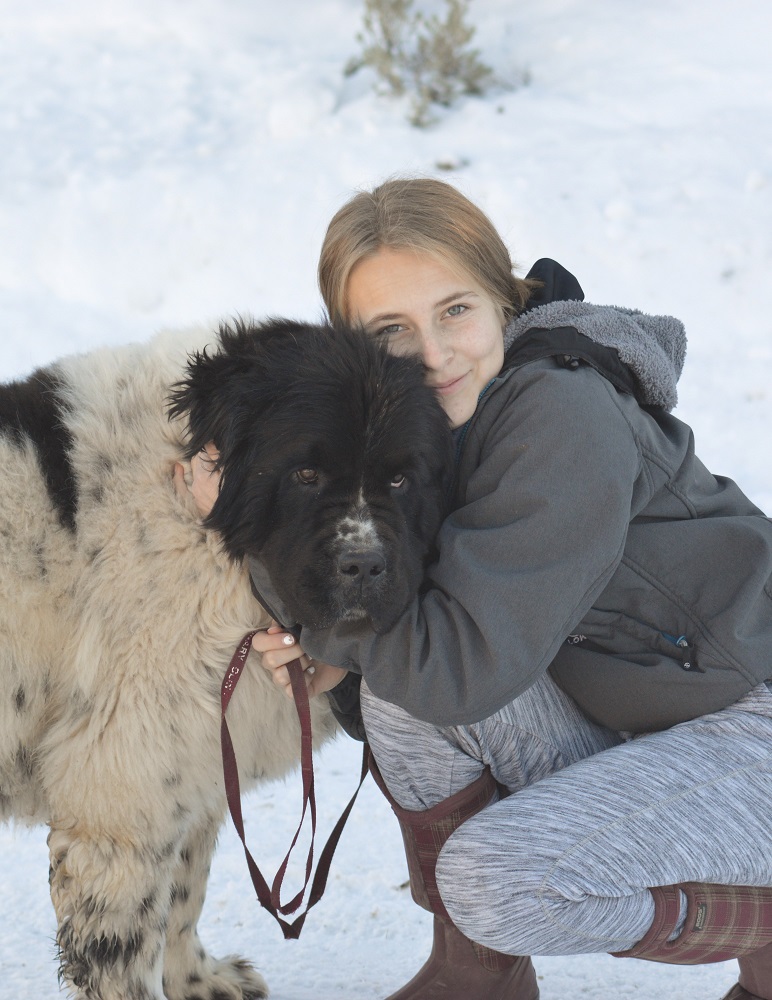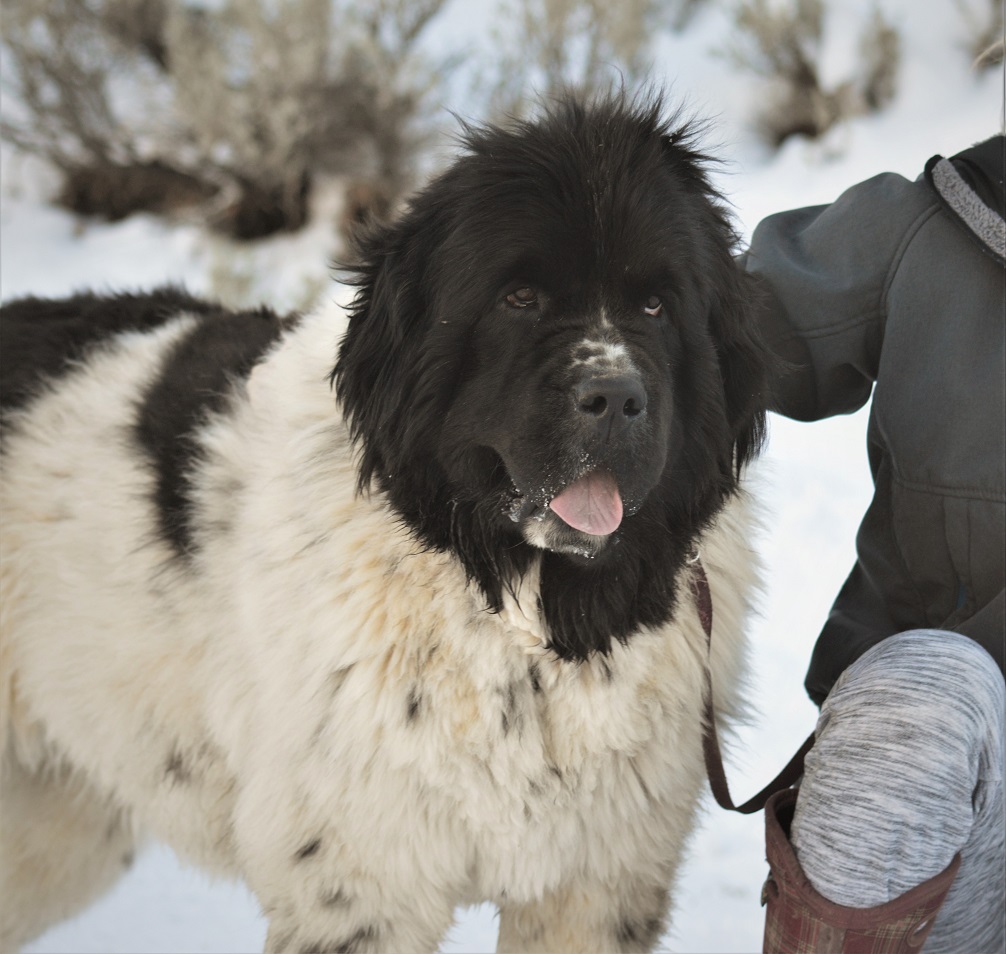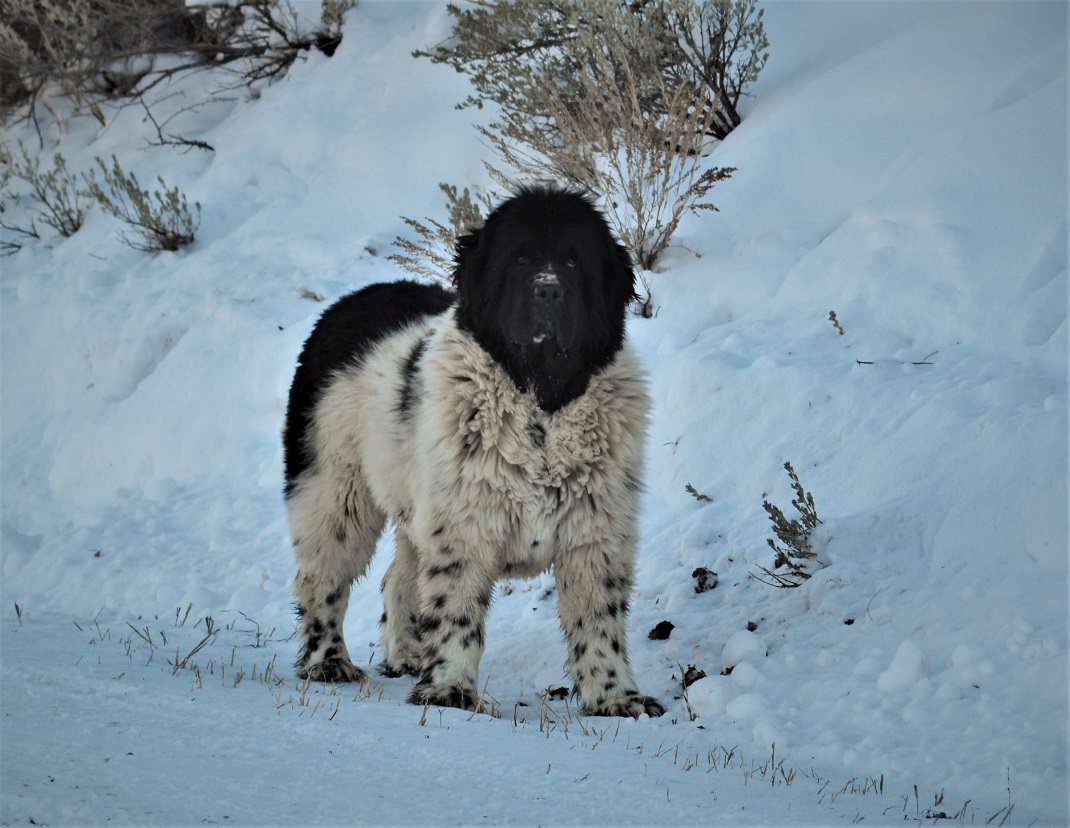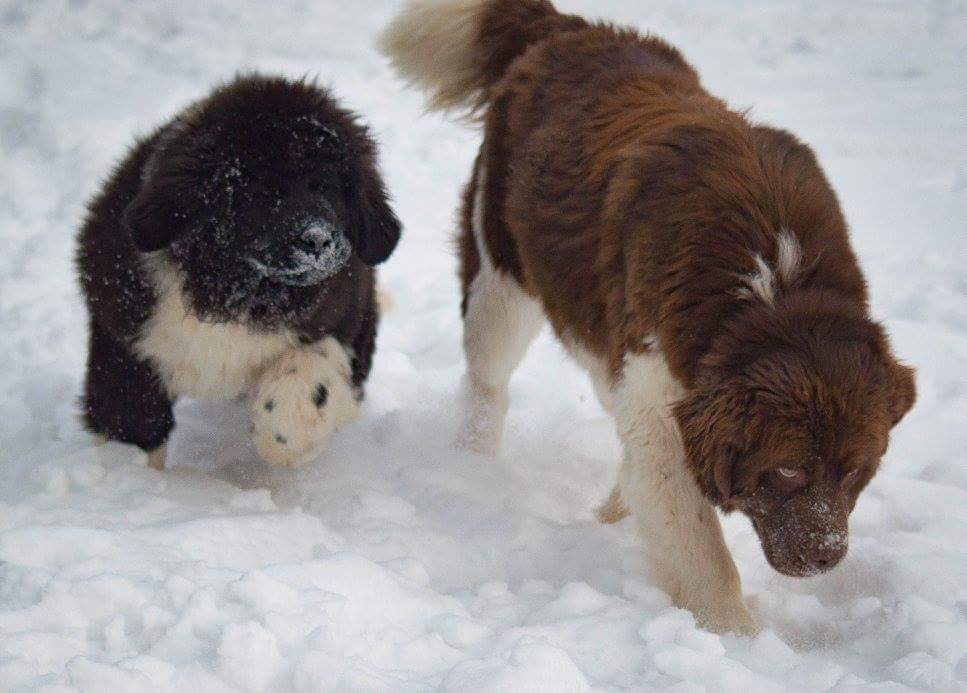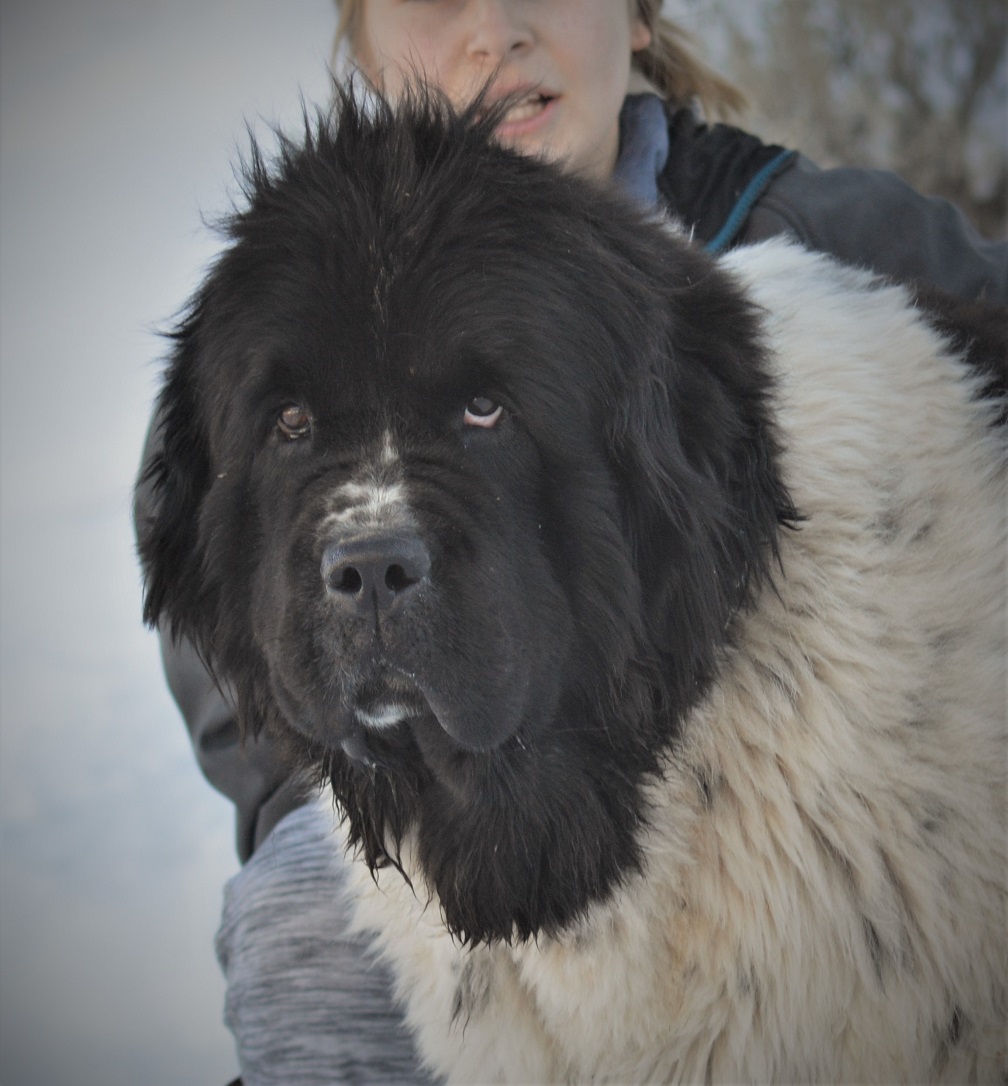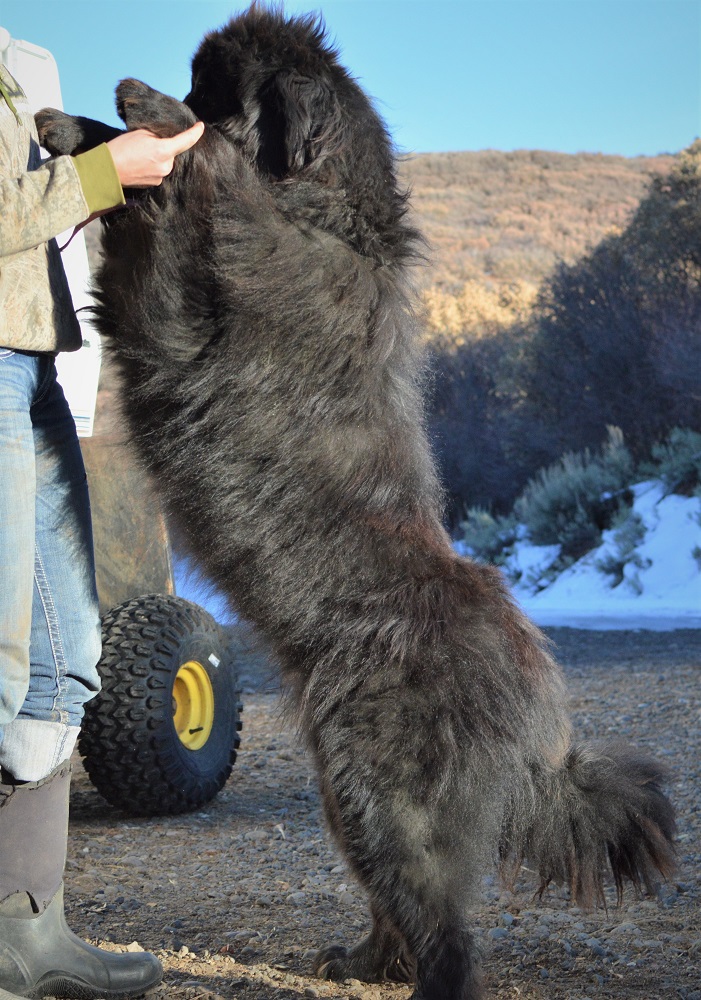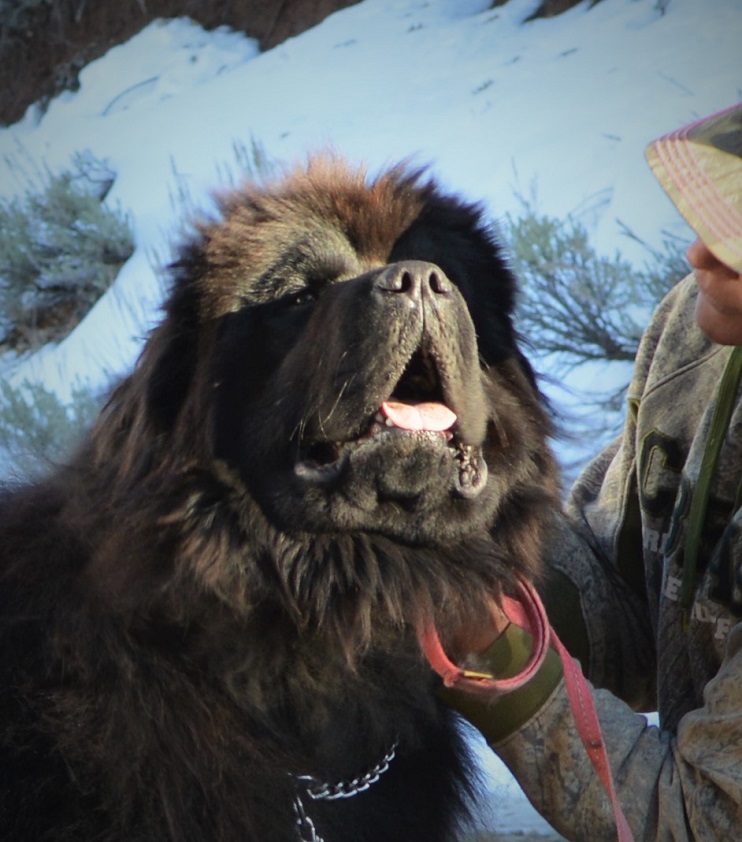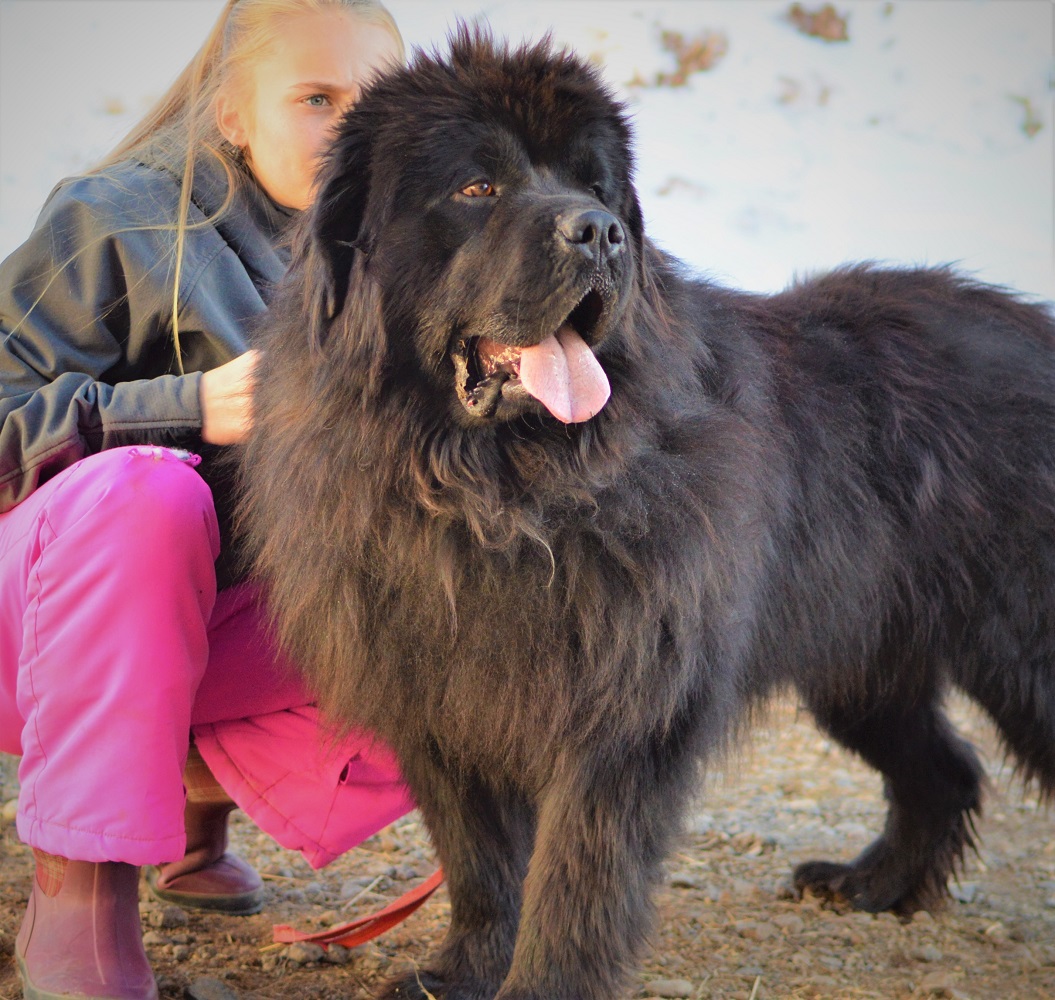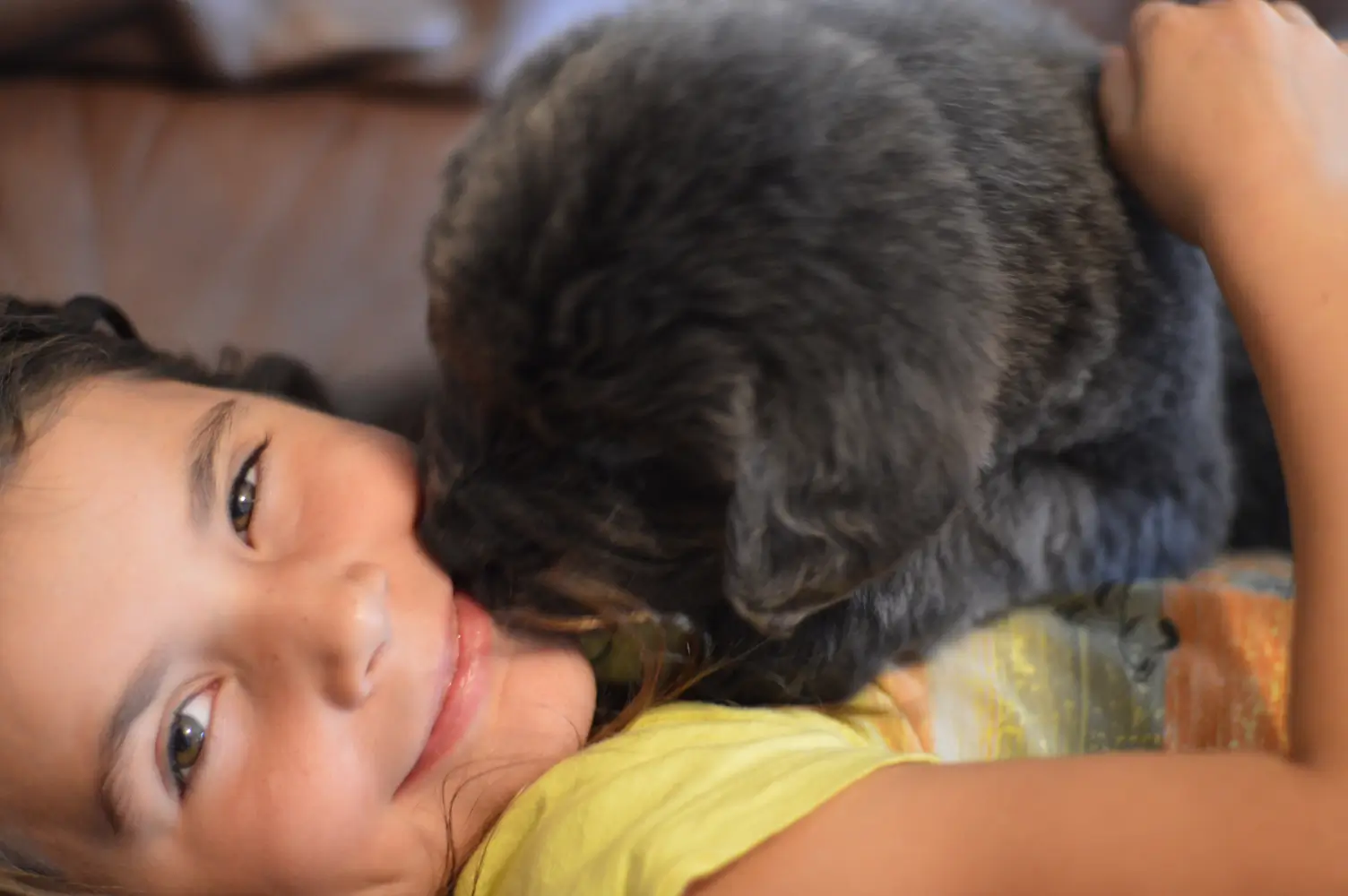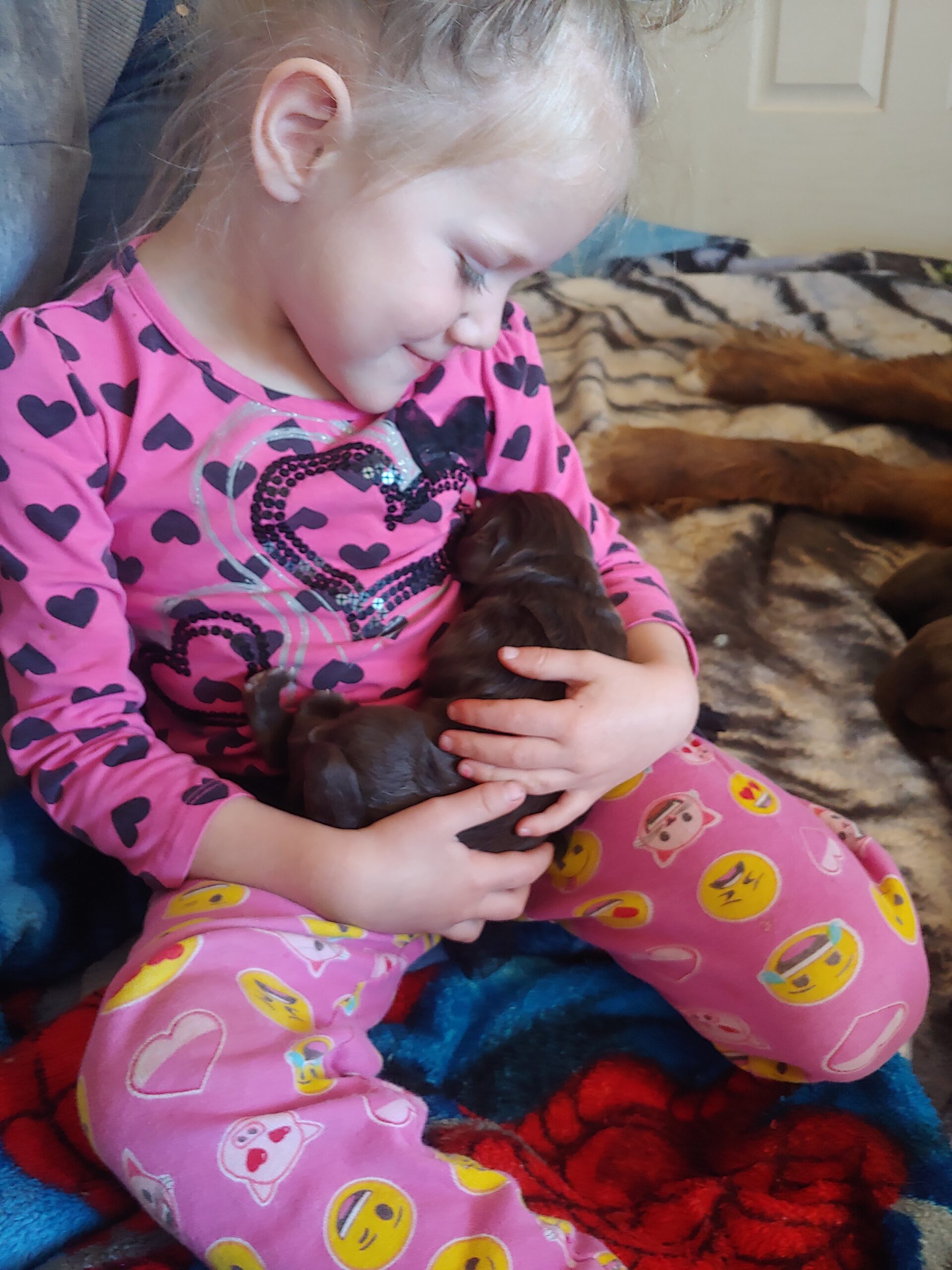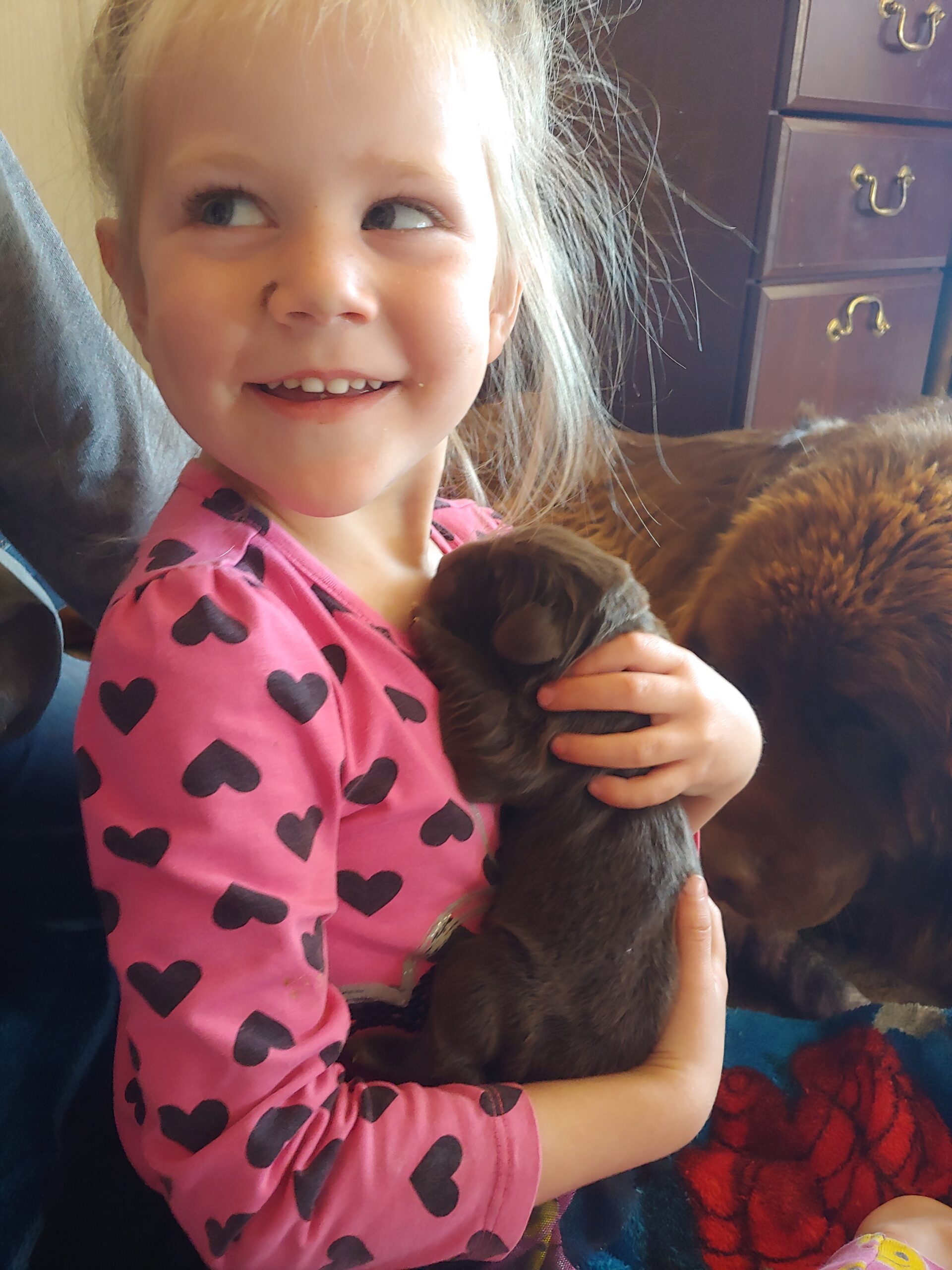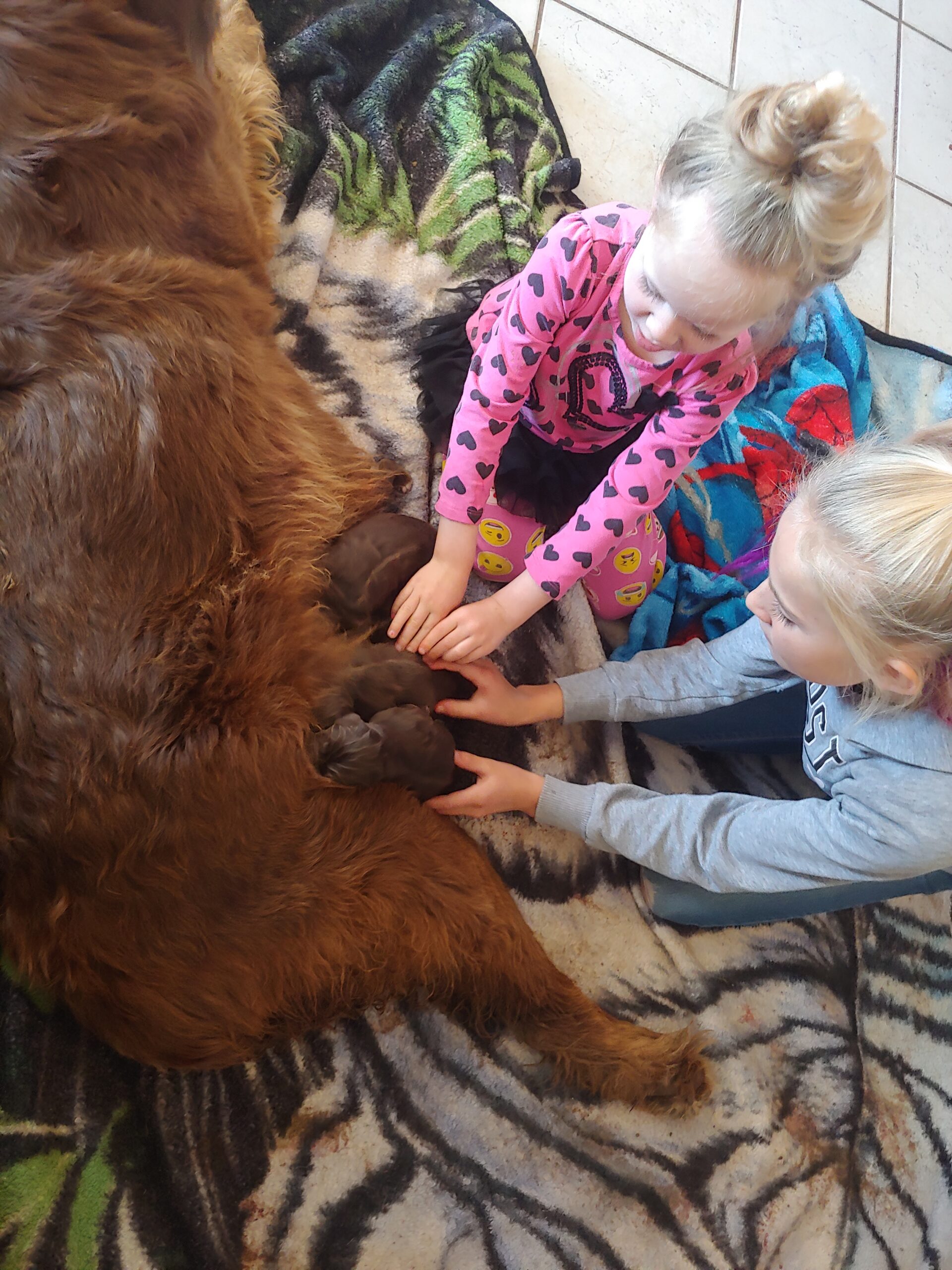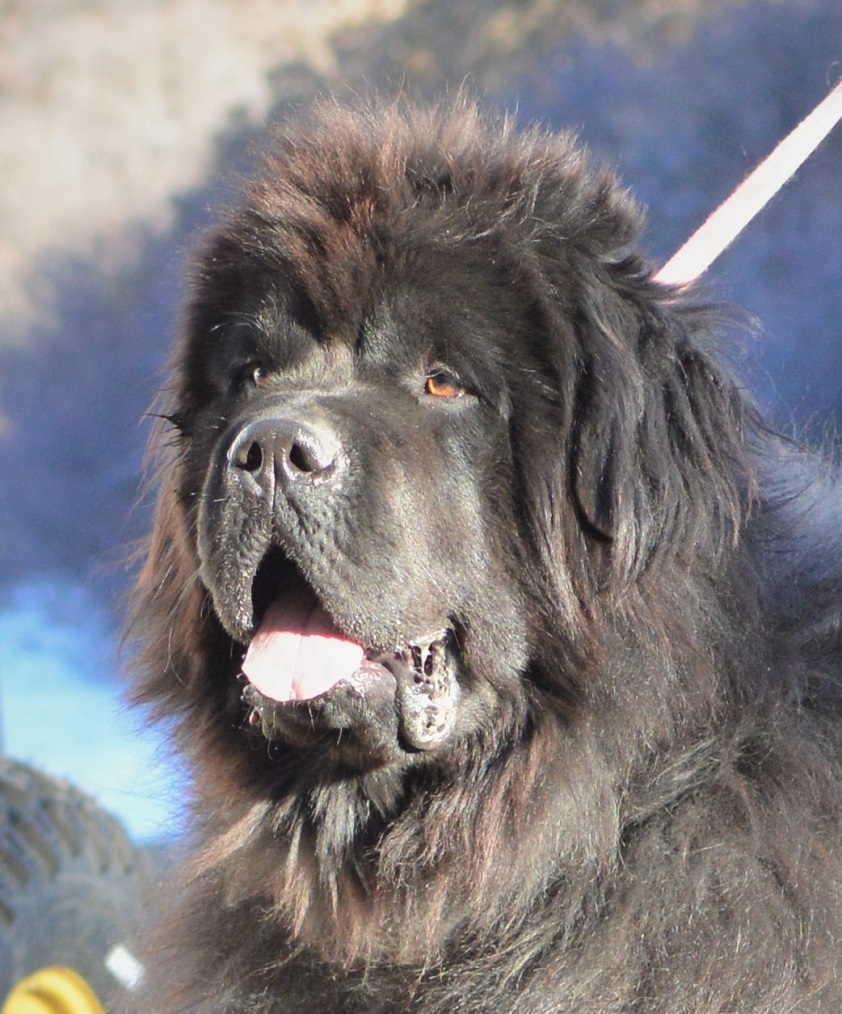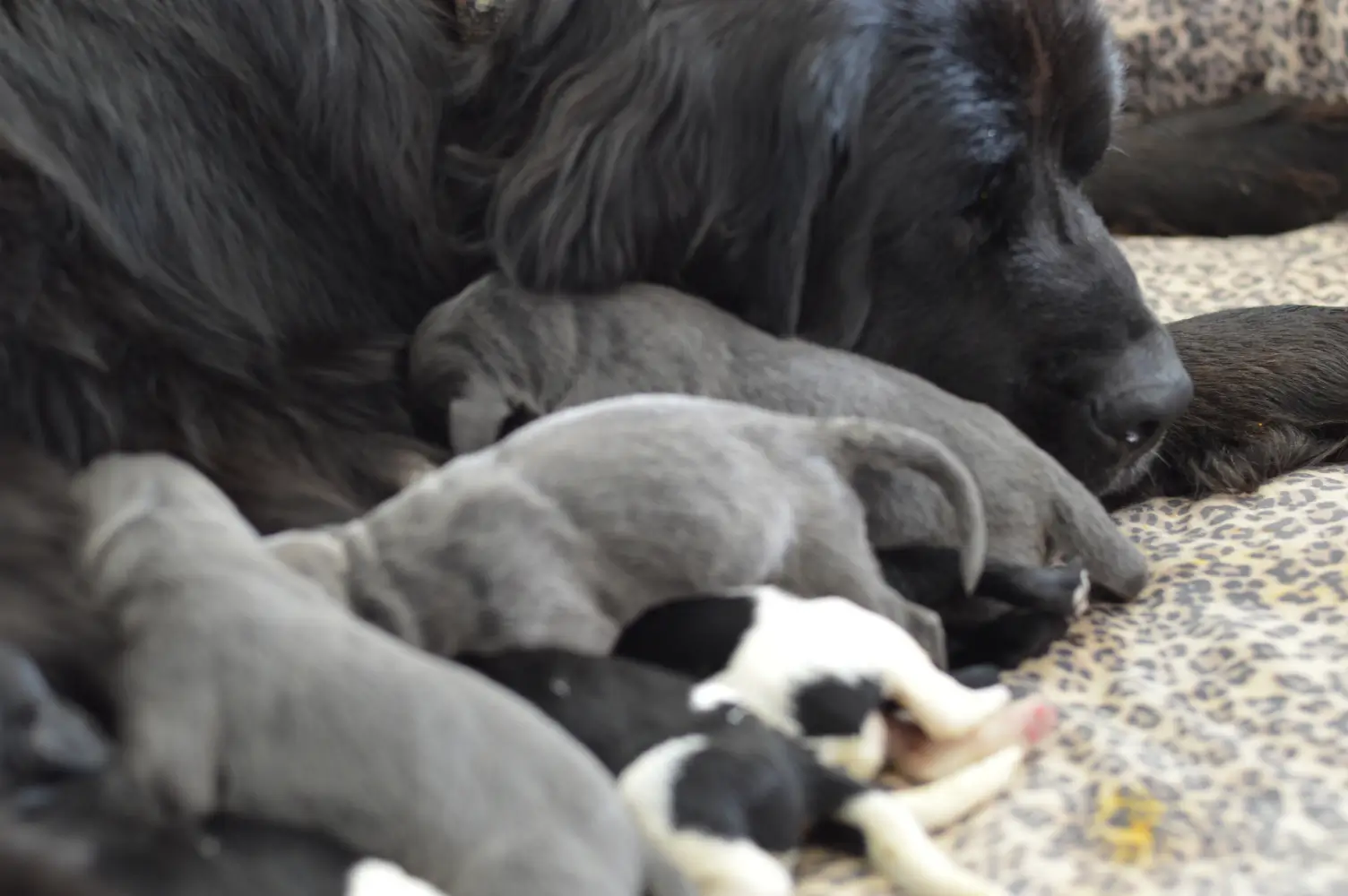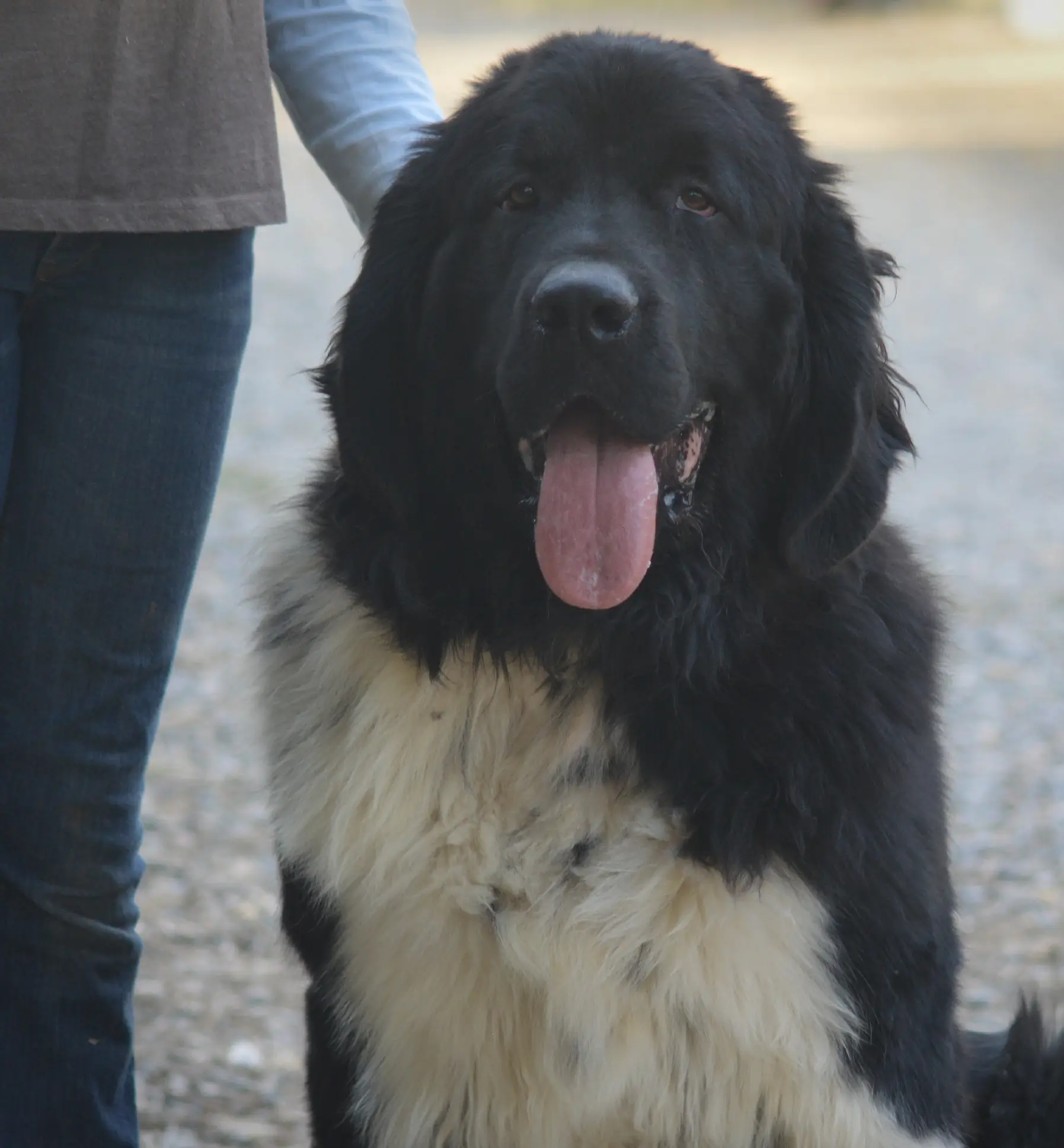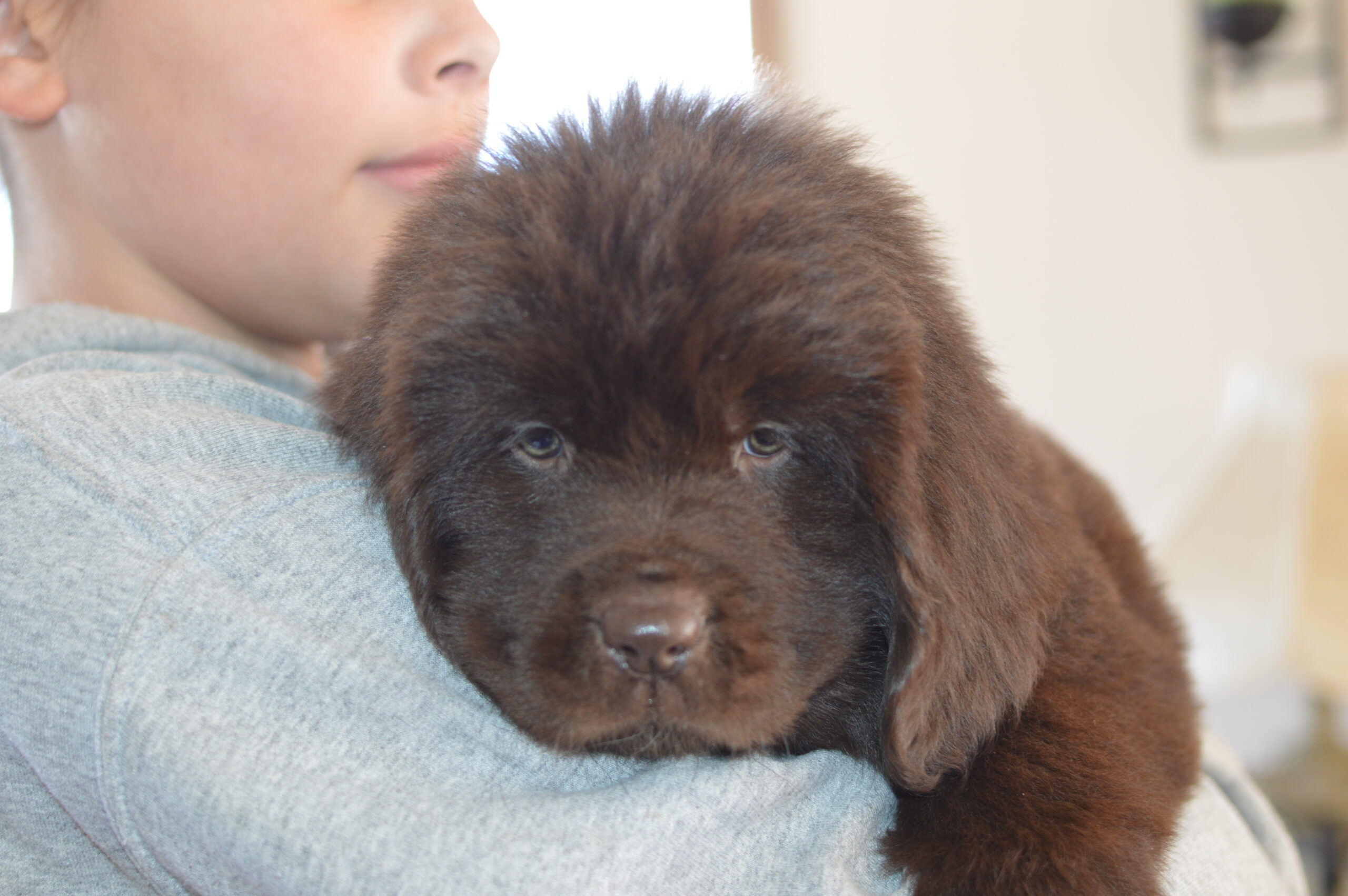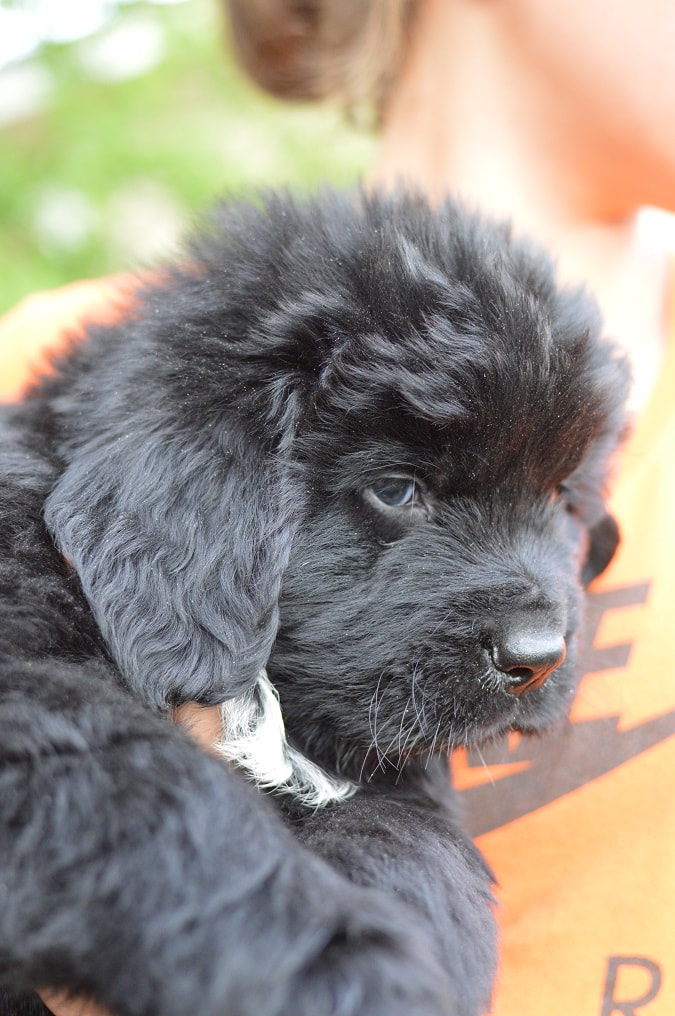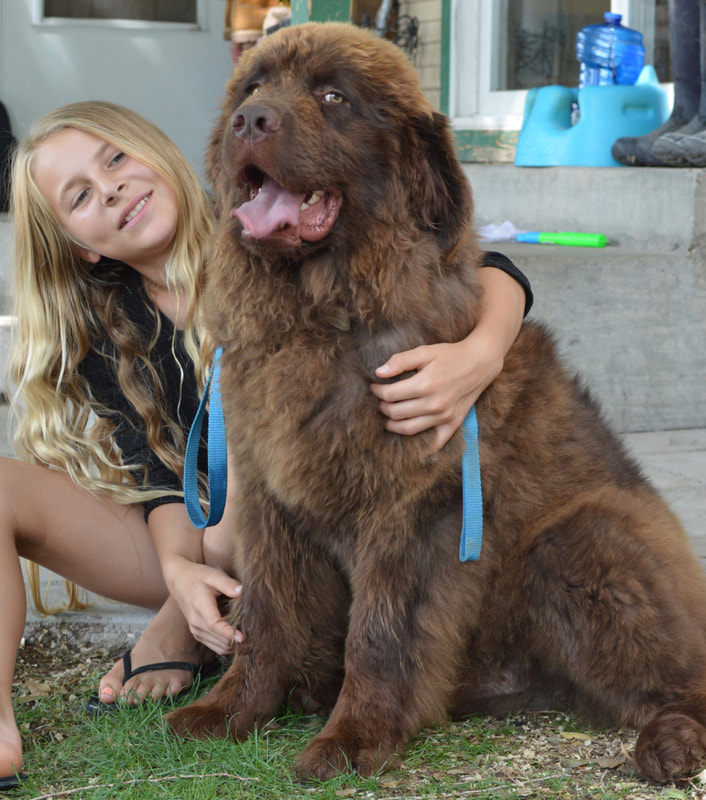
The health of the Newfoundland dog is not a topic that should be overlooked when deciding on a Newfoundland breeder and/or bloodline. There are many health testing resources available for breeders; OFA, PennHip, and DDC are the most common. Health testing was developed to assist breeders in making informed decisions about which dogs or bloodlines should be incorporated in their breeding program. If health testing is taken seriously by enough breeders we could see a substantial positive impact on the health of the Newfoundland breed as a whole, not just individual bloodlines.
The Newfoundland breed itself is predisposed to several health issues including cystinuria, degenerative myelopathy, hip and elbow dysplasia, patellar luxation, and subvalvular aortic stenosis.
3 Year Extended Health and Genetic Guarantee
Here at Moore Newfies, we are very confident in the health of our Newfoundland bloodlines, this is why we are able to offer an Extended 3 year Health & Genetic Guarantee. We want every Newfie puppy that leaves our home to have their very best start. Knowing the health of the dogs that a breeder is breeding is one of the many things that separate a responsible and reputable Newfoundland breeder from the backyard breeder. One puppy at a time we can help better the Newfoundland breed!
We are a proud breeder of beautiful and healthy, quality Newfoundland puppies for sale!
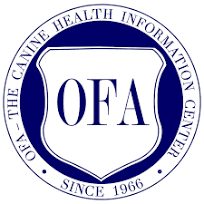

Heart Health
Subvalvular Aortic Stenosis, also known as SAS, is the most common type of inherited heart disease in the Newfoundland breed. The disease is characterized by a stenosis (narrowing) caused by a ring or ridge of abnormal tissue growth, which inhibits blood flow from the heart to the aorta. To avoid congenital heart disease in puppies, the Newfoundlands that are being used for breeding need to have their OFA Heart certification, this will help ensure clearance of the disease in the puppies.
Joint Dysplasia
Dysplasia of the hips and elbows is a disease of the joints in which the ball and socket joint are malformed (abnormally developed), Newfoundlands are a high risk breed for this disease. This malformation causes the ball and socket to not meet one another properly, this results in a joint that rubs and/or grinds instead of smoothly sliding. The development of joint dysplasia is determined by genetics, rapid growth and nutrition, as well as environmental factors such as an injury. It is very important for Newfoundland breeders to be testing their breeding dogs for both hip and elbow dysplasia.
Cystinuria
Cystinuria is an inherited autosomal recessive disorder that is characterized by the formation of cystine stones in the kidney, ureter, and bladder. In this disease, the kidneys do not adequately reabsorb certain amino acids during the filtering process, this results in excess excretion of these amino acids. The amino acids can precipitate and form crystals or stones in the kidneys, ureters, and/or bladder. Surprisingly, cystinuria, is a genetic disease that is passed from parents (both parents have to be carriers) to puppy, is 100% preventable which makes it very important for your Newfoundland breeder to be testing their breeding stock for the disease so they aren’t producing puppies that will be affected. Cystinuria could be completely eliminated if all Newfoundland breeders were consistently testing every Newf for the disease and ceased breeding parents who are both carriers.
Patellar Luxation
Patellar luxation is a condition in which the patella (knee cap) dislocates or moves out of its normal location. It can be caused by some form of injury. In congenital cases, it is most often bilateral. Like many other canine diseases, Patellar Luxation can also be caused by obesity. We are always stressing to our puppy parents the importance of maintaining a healthy weight for their Newfoundland puppy and even adult dog, female Newfoundland and male Newfoundland, throughout their entire life. OFA offers a Patella certification on tested breeding dogs, this is another important test for Newfoundland breeders to utilize.

Bloat
Gastric Dilatation-Volvulus (GDV) is a rapidly progressive life-threatening condition that can happen in any breed of dog, especially in those that are giant breed or have a deep chest, Newfoundlands are not exempt. The condition is commonly associated with large meals and causes the stomach to dilate, because of food and gas, and may get to a point where neither may be expelled. As the stomach begins to dilate and expand, the pressure in the stomach begins to increase. The increased pressure and size of the stomach may have several severe consequences, including; prevention of adequate blood return to the heart from the abdomen, rupture of the stomach wall, of blood flow to the lining of the stomach, pressure on the diaphragm preventing the lungs from adequately expanding leading to decreased ability to maintain normal breathing. The use of prebiotic as well as probiotics can greatly reduce the risk of bloat, this is because of proper bacteria balance in the gut. The body suffers from the poor ventilation leading to death of cells in many tissues. Additionally, the stomach can become dilated enough to rotate in the abdomen, a condition called volvulus. The rotation can lead to blockage in the blood supply to the spleen and the stomach. Most pets are in shock due to the effects on their entire body. The treatment of this condition involves stabilization of your pet, decompression of the stomach, and surgery to return the stomach to the normal position permanently (gastropexy). Abdominal organs will need to be evaluated for damage and treated appropriately as determined at the time of surgery. There are many things that can be done to prevent this from happening to your Newfoundland… Do your research on all of these health topics and what can be done to prevent them.
Degenerative Myelopathy
Degenerative Myelopathy is a progressive disease of the spinal cord in older dogs, Newfoundlands are among many other breeds that can be affected by the disease. The disease has a delayed onset typically after 8 years of age. It begins with a loss of coordination (ataxia) in the hind limbs. The affected dog will wobble when walking, knuckle over or drag the feet. This can first occur in one hind limb and then affect the other. As the disease advances, the limbs become weak and the dog begins to buckle and has difficulty supporting its own weight. The weakness gets progressively worse until the dog is unable to walk. The clinical course can range from 6 months to 1 year before dogs become paraplegic. If signs progress for a longer period of time, loss of urinary and fecal incontinence may occur and eventually weakness will develop in the front limbs. Another key feature of DM is that it is not a painful disease. There is a genetic test that detects a gene for developing the disease, if both parents test normal any puppy produced from the pair is far less likely to develop the disease. The DM test is yet another important test for breeders for at risk breeds to be testing for!
Moore Newfies Extended 3 Year Health and Genetic Guarantee
Below are two different options for viewing and printing our contract/health guarantee. If you have any questions or comments please feel free to give us a call or send an email.
Download Our Puppy Contract
We look forward to talking with you soon about potentially being your Newfoundland breeder. Thank you for visiting our site, have a great day!
Sarah Gray
(970) 560-0683
email: moorenewfies@yahoo.com
Palisade, Colorado
Health Guarantee Highlights
- Heart Health
- Joint Dysplasia
- Cystinuria
- Patellar Luxation
- Bloat
- Degenerative Myelopathy
